This Thursday, November 24, the Moulin de Pont Rû organized the meeting between associations, elected officials, prefecture of Val-d’Oise, the Ile de France region, private and state companies, as well as the DAPAT endowment fund, for a support project for women victims of domestic violence and their children.
The project provides for social and professional integration and reintegration, a recovery of self-confidence, emotional and psychological restoration, but also administrative support.
On the eve of the International Day for the fight against violence against women, the Moulin de Pont Rû and the participants met to discuss around a round table, strategic steps to integrate victims of domestic violence into society, but also to build suitable shelters for them to accompany them until recovery and rehabilitation to fend for themselves.
The Declaration on the Elimination of Violence against Women, adopted by the United Nations General Assembly in 1993, defines violence against women as “any act of violence directed against the female sex, and causing or likely to cause physical, sexual or psychological harm or suffering to women, including the threat of such acts, coercion or arbitrary deprivation of liberty, whether in public or private life”.
In 1999, the United Nations established November 25 as the day for the fight against violence against women.
Violence Against Women
Population-based surveys based on survivor reports provide the most accurate estimates of the extent of intimate partner violence and sexual violence. In 2018, an analysis of data on the incidence of this phenomenon in 161 countries and areas, conducted by WHO on behalf of the United Nations inter-agency task force on violence against women, revealed that almost one in three women worldwide (30%) had experienced physical or sexual violence within their relationship or sexual violence revealed by someone other than a partner, or had experienced both.
More than a quarter of women aged 15 to 49 who have had a relationship have experienced physical or sexual violence from their partner at least once in their life (from the age of 15 ). Estimates of the incidence of violence throughout life within a couple range from 20% in the Western Pacific, 22% in high-income countries and Europe, and 25% in the WHO Region of Americas at 33% in the WHO African Region, 31% in the WHO Eastern Mediterranean Region and 33% in the WHO South-East Asia Region.
Worldwide, no less than 38% of all murders of women are perpetrated by their partner. In addition to intimate partner violence, 6% of women globally report having been sexually assaulted by someone other than their partner, although data on these cases are more limited. Acts of intimate partner violence and acts of sexual violence are most often acts committed by men against women.
The periods of confinement linked to the COVID-19 pandemic and their social and economic impacts have resulted in women being more exposed to violent partners and known risk factors, while limiting their access to services. Humanitarian and displacement situations can exacerbate existing violence, including intimate partner violence or violence against someone other than the partner, and lead to new forms of violence against women.
Factors associated with intimate partner violence and sexual violence against women
Factors associated with both intimate partner violence and sexual violence include:
*Low level of education (for both perpetrators and victims);
*Exposure to child abuse (perpetrators and victims);
*Exposure to domestic violence (perpetrators and victims);
*Antisocial personality disorders (authors);
*Harmful use of alcohol (perpetrators and victims);
*Harmful male behaviors – having multiple partners or attitudes that warn of violence, including (perpetrators);
*Collective norms that favor men or assign them a higher status than women;
*Low access of women to paid employment;
*Major gender discriminatory (discriminatory laws, etc.).
Factors with characteristics associated with intimate partner violence include:
*Exposure to violence in the past;
*Marital disagreement and dissatisfaction;
* Communication problems within the couple;
*Dominant behaviors of men towards their partner.
Among the factors presented associated with the perpetration of acts of sexual violence, we find in particular the following elements:
*Beliefs about family honor and sexual purity;
*Idea according to which sex would be a due for men;
* Weakness of the sanctions committed by the law in case of sexual violence.
Gender inequalities and the norms that make violence against women acceptable are among the root causes of violence against them.
Health consequences
Violence within the couple (whether physical, sexual or psychological) and sexual violence are the source, in the short and long term, of serious physical, mental, sexual and reproductive health problems among women.
*These forms of violence can have a fatal outcome – homicide or suicide, for example;
*These forms of violence can cause trauma – 42% of women who experience intimate partner violence report injuries as a result of the act;
*These forms of violence can lead to unwanted pregnancies, induced abortions, gynecological problems and sexually transmitted infections, including HIV. The 2013 WHO study on effective health effects associated with violence against women showed that women who had experienced violence or sexual abuse were 1.5 times more at risk of sexually transmitted infections, and in some regions, of HIV, than women who have not been subjected to violence by their partner. They are also twice as likely to have an abortion.
*Violence within the couple during pregnancy is also associated with a risk of miscarriage, stillbirth, premature delivery and low birth weight. This same study showed that women who suffered violence from their partner were 16% more likely to have a miscarriage than women who were not, and that their risk of giving birth prematurely was 41% higher.
*These forms of violence can lead to depression, post-traumatic stress disorder and other anxiety disorders, as well as sleep disorders, eating disorders and suicide attempts. The analysis conducted in 2013 established that the likelihood of experiencing problems with depression or alcoholism was almost twice as high among women who had experienced violence in their relationship.
*Health effects may also be characterized by headache, pain (chronic back pain, abdominal pain and pelvic pain), gastrointestinal disturbances, reduced mobility and poor general health.
*Sexual abuse, especially during childhood, can lead to increased smoking and substance use as well as risky sexual behaviors. It is also associated with a tendency to favor violence (in men) and to be the victim of violence (in women).
Impact on children
*Children growing up in abusive families can suffer from a range of behavioral and emotional problems that can lead them to commit or be victims of violence.
*Violence within a couple has also been associated with higher rates of infant and child morbidity and mortality.
But when was the Moulin de Pont Rû born?
Alan Caillaud and Nathalie Guillaume, created in 2018 the Moulin de Pont Rû in the Val-d’Oise in the municipality of Bray-et-Lû, for women victims of domestic violence, after realizing how difficult it is to reintegrate them into society.
It has been almost 10 years since my company Maeva was murdered, hence my need for an exceptional reintegration and recovery journey to be able to find my life again. Because psychologically I can’t do it, I had the opportunity to be accompanied and to find a reintegration into society. Today, it is an opportunity for me to help people who have experienced domestic violence to rebuild themselves, but also to build a space with a human structure.
This is how we decided in 2018 to offer family ownership for the benefit of these people to rebuild themselves physically and psychologically.
Working in 2008 in a humanitarian association locked up in the Gaza Strip, it was only following the attack on his wife in 2012 that he embarked on personal development.
“We needed this family place loaded with value,” he says of the Moulin de Pont Ru. It is enriching and bears witness to the real strength of life. The place encourages us to well-being and relaxation. »
Stays in total immersion for 5 days
On the program, a multitude of activities allowing you to find calm and serenity, all this in an atypical setting, located in a 4000m² area which offers an educational garden, pretty places to relax and various permaculture spaces, all this without forgetting relaxation, well-being activities, artistic or sports workshops and a return to a healthy diet… An environment conducive to healing and experimenting with extraordinary activities: boxing, equitherapy, canoeing, sauna and many more.
In 3 years, the 300 participants attest to the positive impacts of our support, particularly in terms of leaving isolation and creating a new dynamic.
What is striking at each outing is the direct feedback from women:
• energy, more boosted;
• desire to undertake and move forward;
• more courage;
• a break that allows you to take time for herself // not easy on a daily basis;
• Leaving with tools for the future, explains Garance COUTURIER – changed mission of social stays.
Organization of a stay
These stays last 5 days and there is one every month. A professional team accompanies the women throughout the stay.
*Every morning from 9 a.m. to 12:30 p.m., these women have workshops on managing emotions, with breathing, yoga, relaxation and body expression exercises. They have a lunch time of 2 hours.
*Then every afternoon, different workshops are offered to them, they vary according to the seasons. Like theater, gardening, manual workshops, equitherapy, walks in the forest, cycling. Free time is planned at the end of the day for dinner.
*And to end these beautiful days, theme evenings are organized, such as a cinema evening or game evenings.
*This is the typical program for women’s stays. There are also stays for the children of these women during school holidays.
In 2023, the project will include 12 stays for women alone and 4 stays for women with children, welcoming 12 women per stay, and 15 children from the age of 6.
Building of the association
The association was built with many committed people and many partnerships, gathered to support its start: financial support, strategic support (DLA), institutional support but also the support of hundreds of volunteers who came to restore the buildings, for 2 years. , explains Alan Caillaud, in his speech.
A year and a half ago, thanks to his friend Nicolas Kourim, he had the chance to meet Danielle and Patrick de Giovanni, the founders of the DAPAT endowment fund.
“Like any young project leader, we needed professional and benevolent eyes and that’s what they did: they supported us strategically, logistically and financially”. In 2021, Danielle became a member of the Board of Directors.
The project unveiled today is the result of the last 18 months of development. It’s still a long way from being stopped, but it will give a vision and perspective on all that it may eventually become.
In November 2021, DAPAT acquired the neighboring house with a dimension of 900 square meters for 1.3 hectares of land, and made it available to the association free of charge.
“We turned to the form of a third place that is based on the same values of the existing mill: a haven of peace conducive to healing and generating new momentum for women and their children in vulnerable situations. ” Our dearest wish is to be able to house them, help them rebuild, train and prevent them from regaining dignity and autonomy,” says Alan Caillaud.
For this, he works with the Scoping design office as well as the Dutrevis architectural firm, which accompanies him in the design and the realization of this project.
“We want independent accommodation, various support centers as well as training spaces for jobs in tension such as market gardening and catering. The goal is to open an application restaurant and a cultural space so that “this magnificent setting” becomes not only a space for oneself, but a place of meeting and exchange.”… “The project is ambitious, but these last fifteen years spent realizing my dreams in the world of the company and the association have made it clear to me that we are bound to do the impossible! Together we can make this vision a reality”. “All this of course at a cost… the latest estimates from the design office are around 6 million euros, but today we are missing 2 million euros, we will succeed thanks to our partners”.
The Moulin de Pont Rû is booming in the implementation of innovative and dynamic solutions to help women and children who are victims of violence in the Ile-de-France region.
Some graphic sketches to convey the potential of the place and the project
Several housing offers for about fifty women and children are developed and in parallel, different support offers around mobility, social and professional integration, integration through economic activity.
Today more than 20,000 women would need accommodation to leave the house of the partner
→ About 4 out of 10 women victims of violence are not offered any solution when they ask for accommodation;
→ And ultimately, only about 12% of accommodation requests made by female victims of violence result in a referral to a place suited to their specific background.
Nearly half of feminicides take place in rural areas each year, a situation amplified by the lack of specialized mechanisms for Women Victims of Violence in these forgotten territories.
The objective of the association Le Moulin de Pont Rû, is a priority for a permanent development in Ile-de-France, an adequate and real help to the expectations of women in difficulty, victims of violence and their children.
“The project is ambitious, together we can make this vision a reality”.
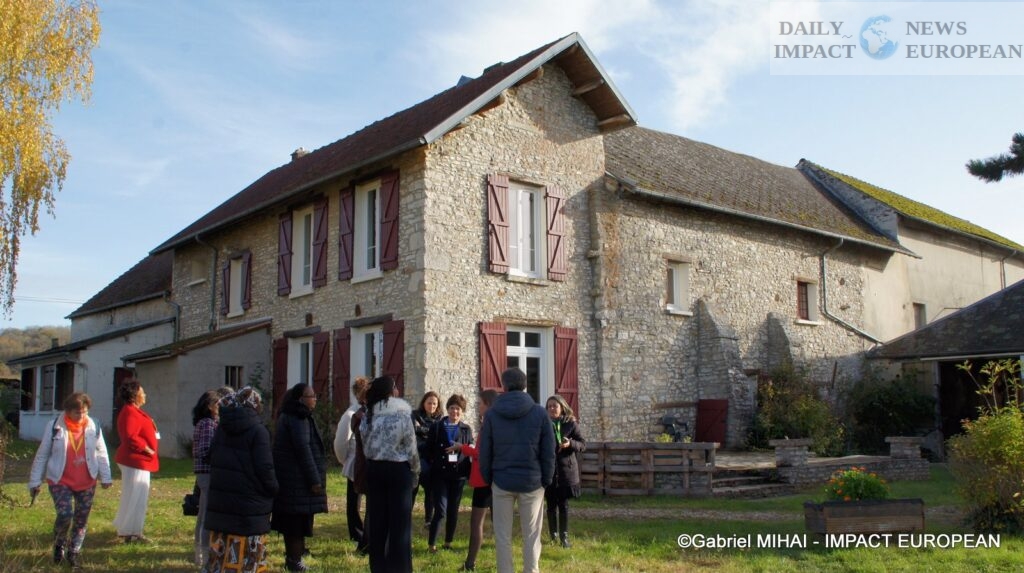
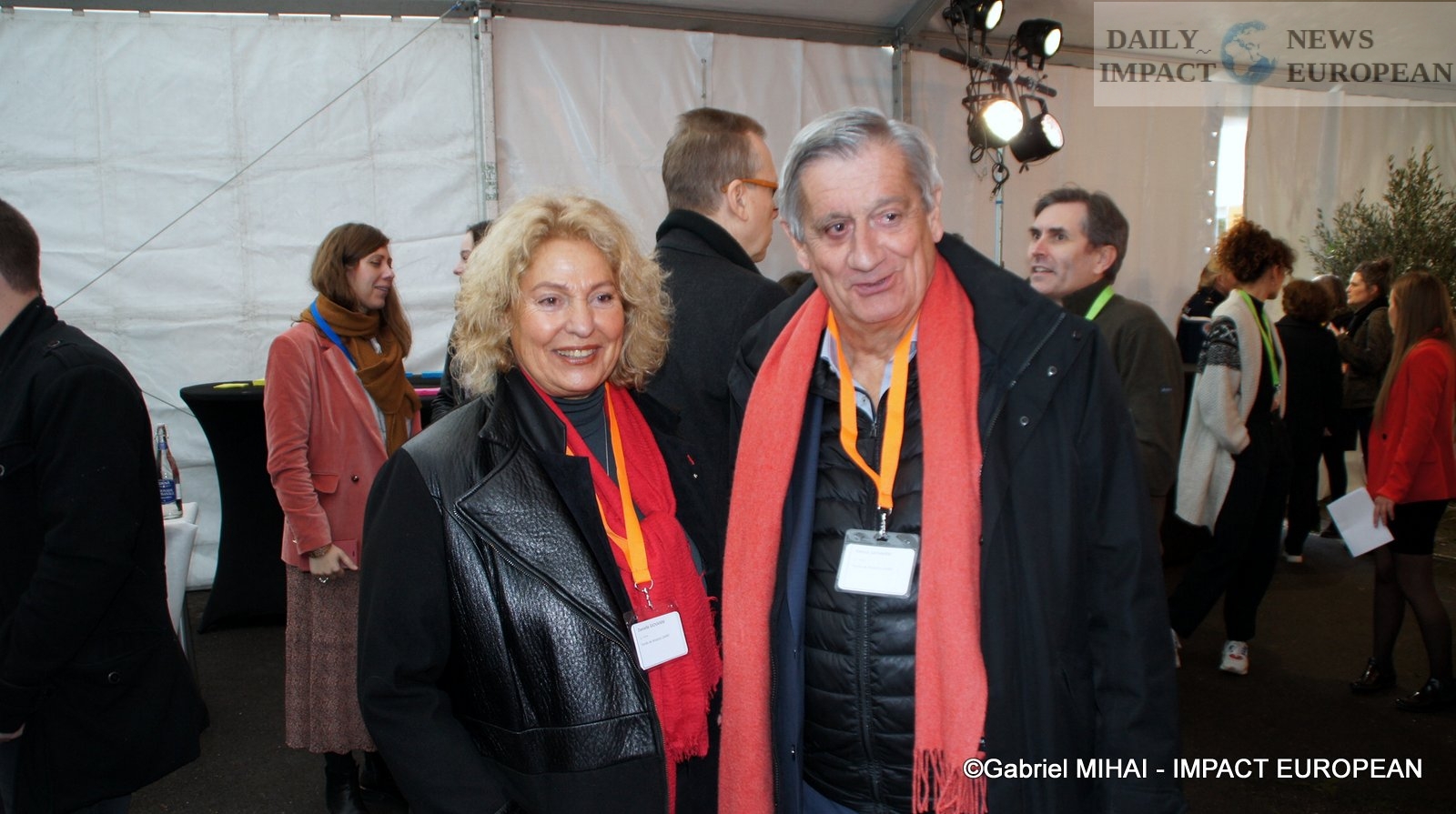

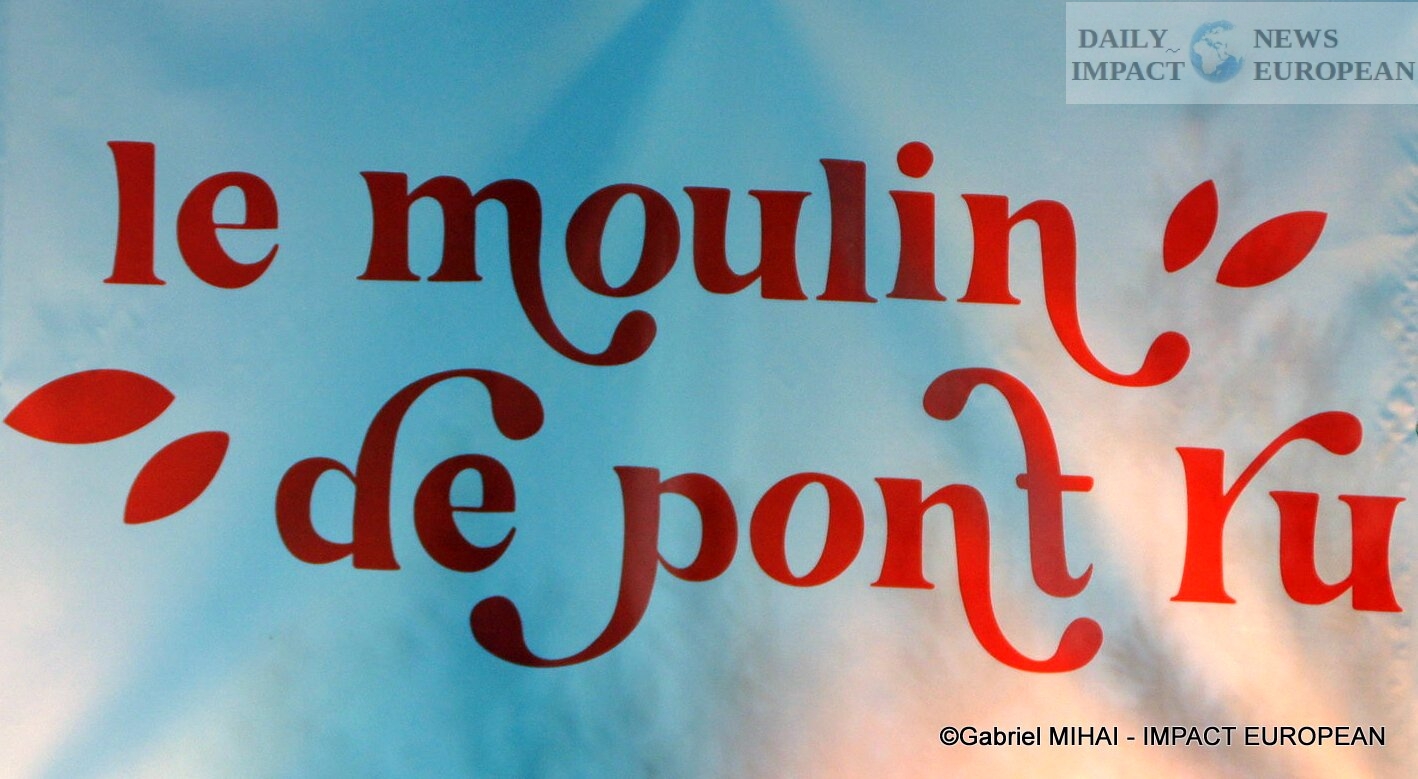
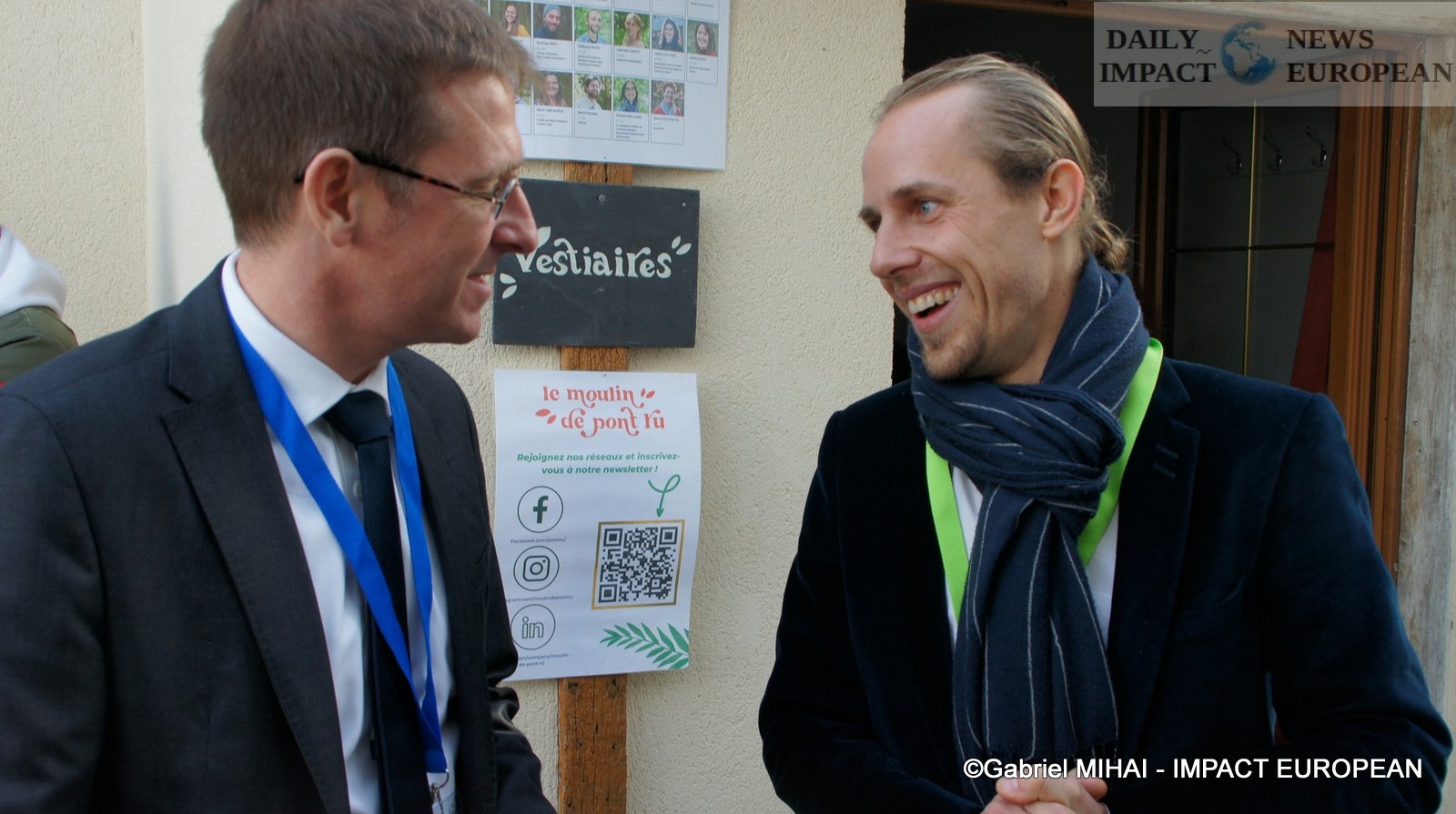


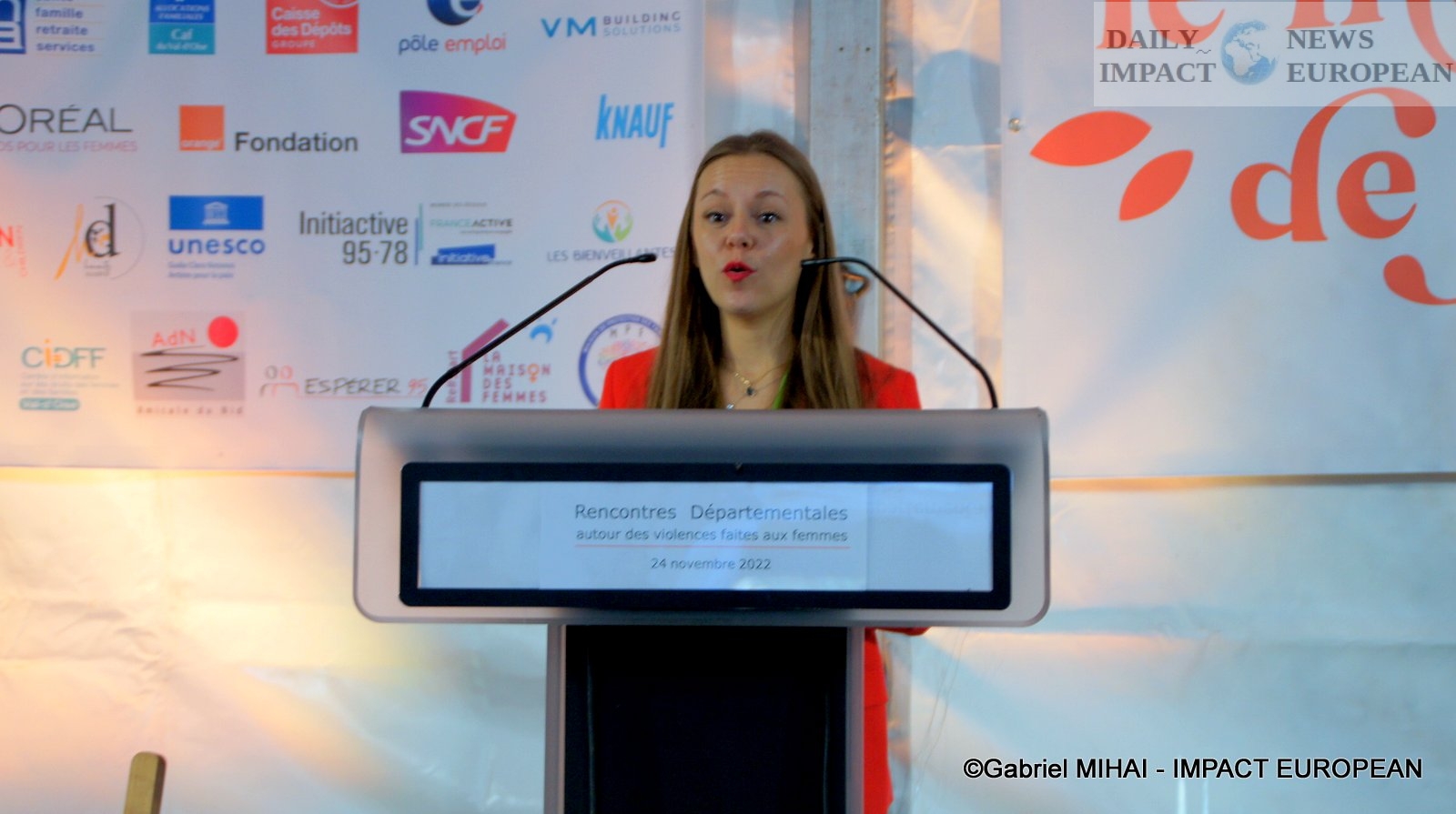

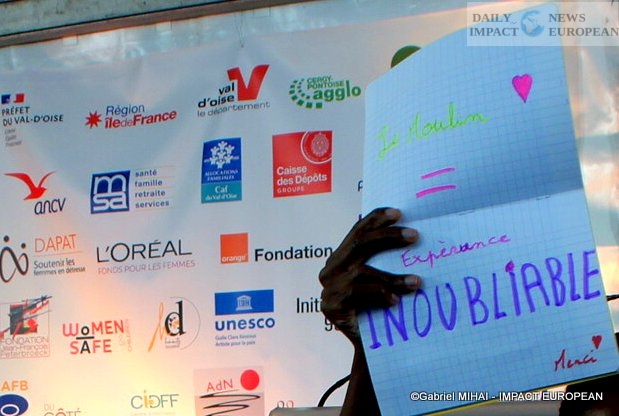

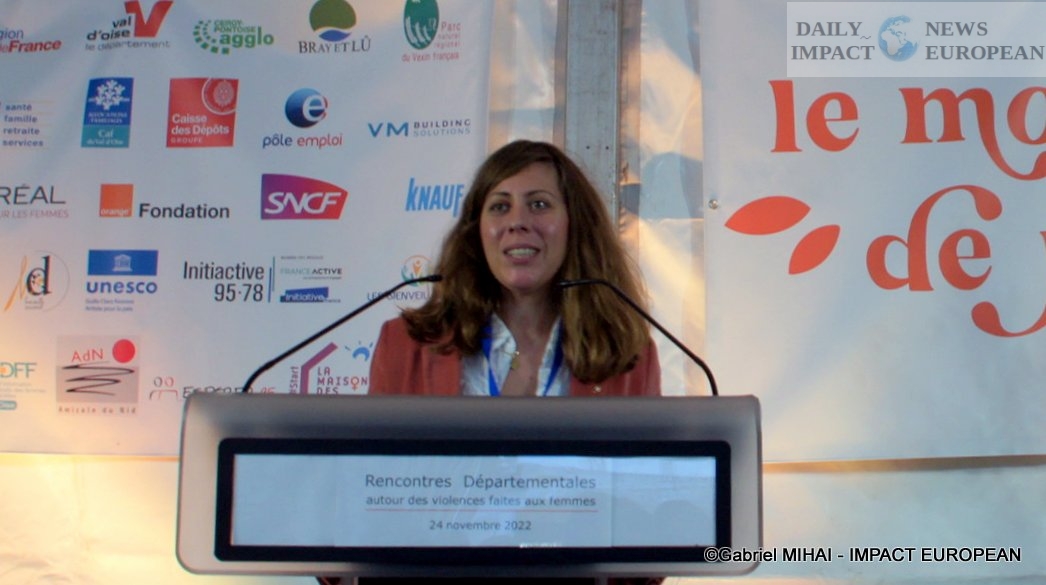
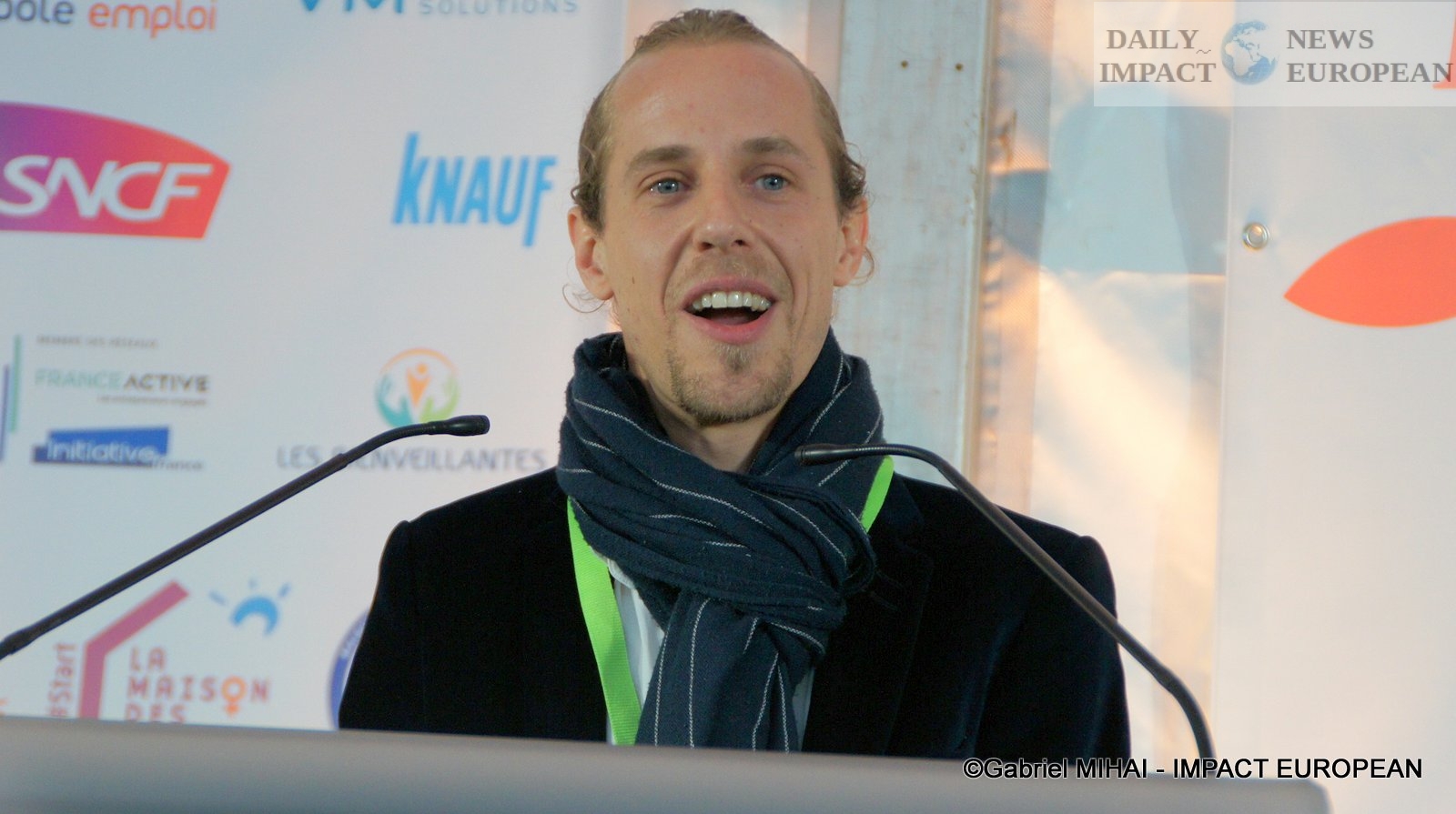
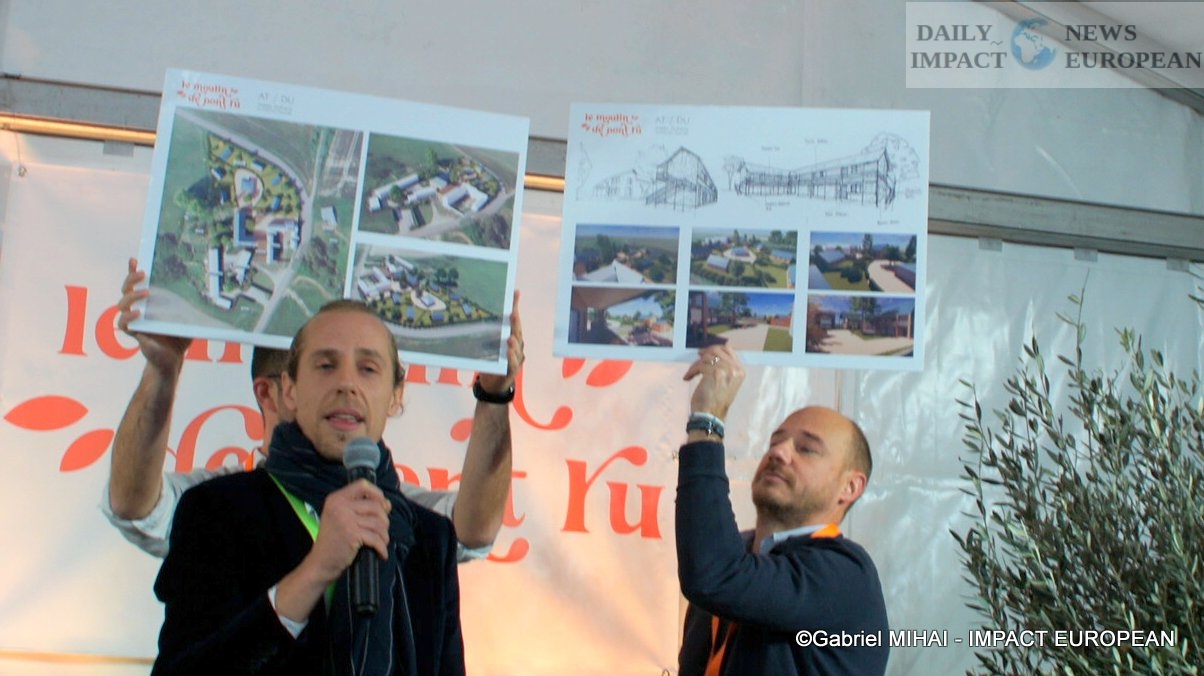
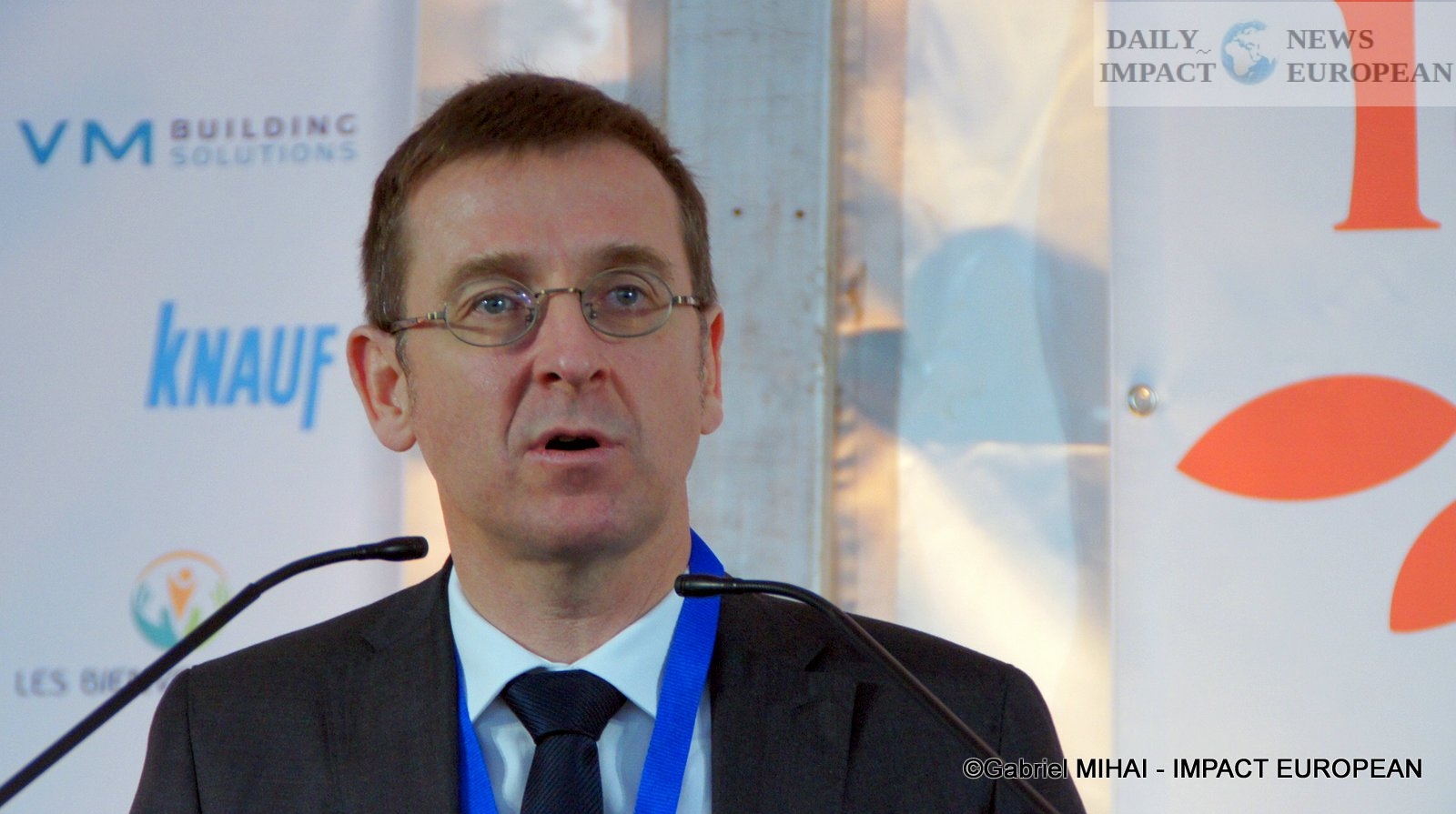
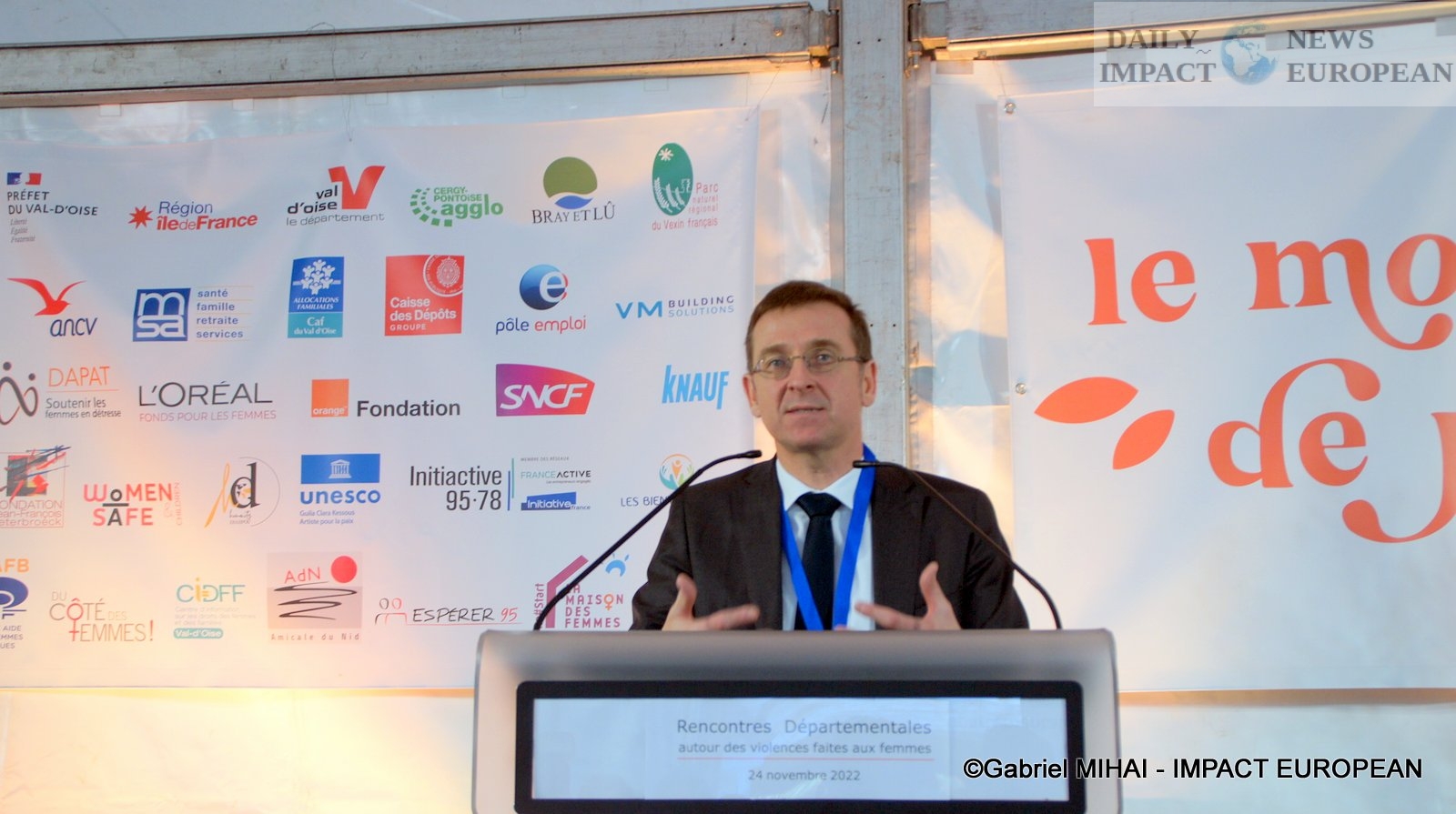
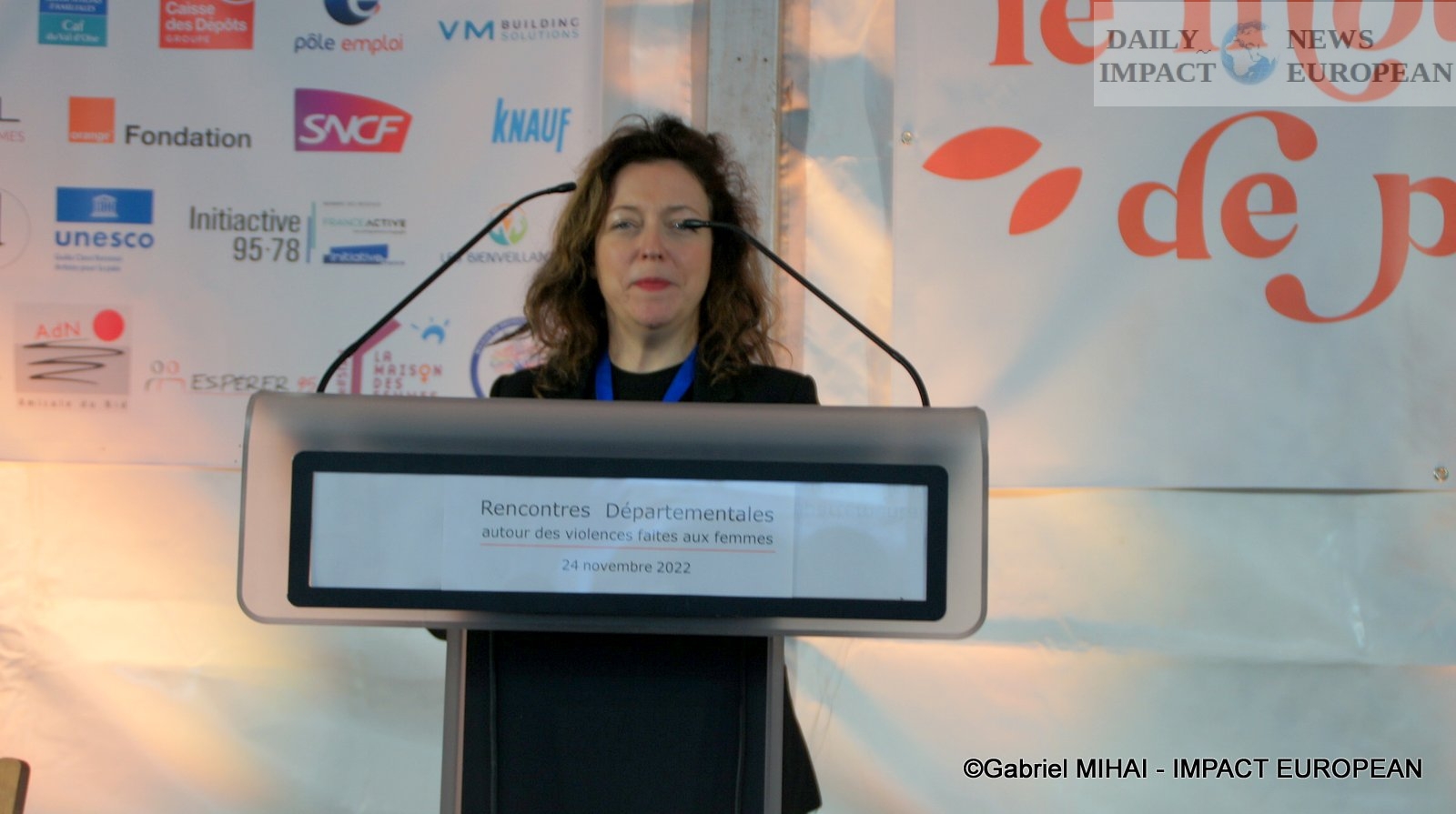
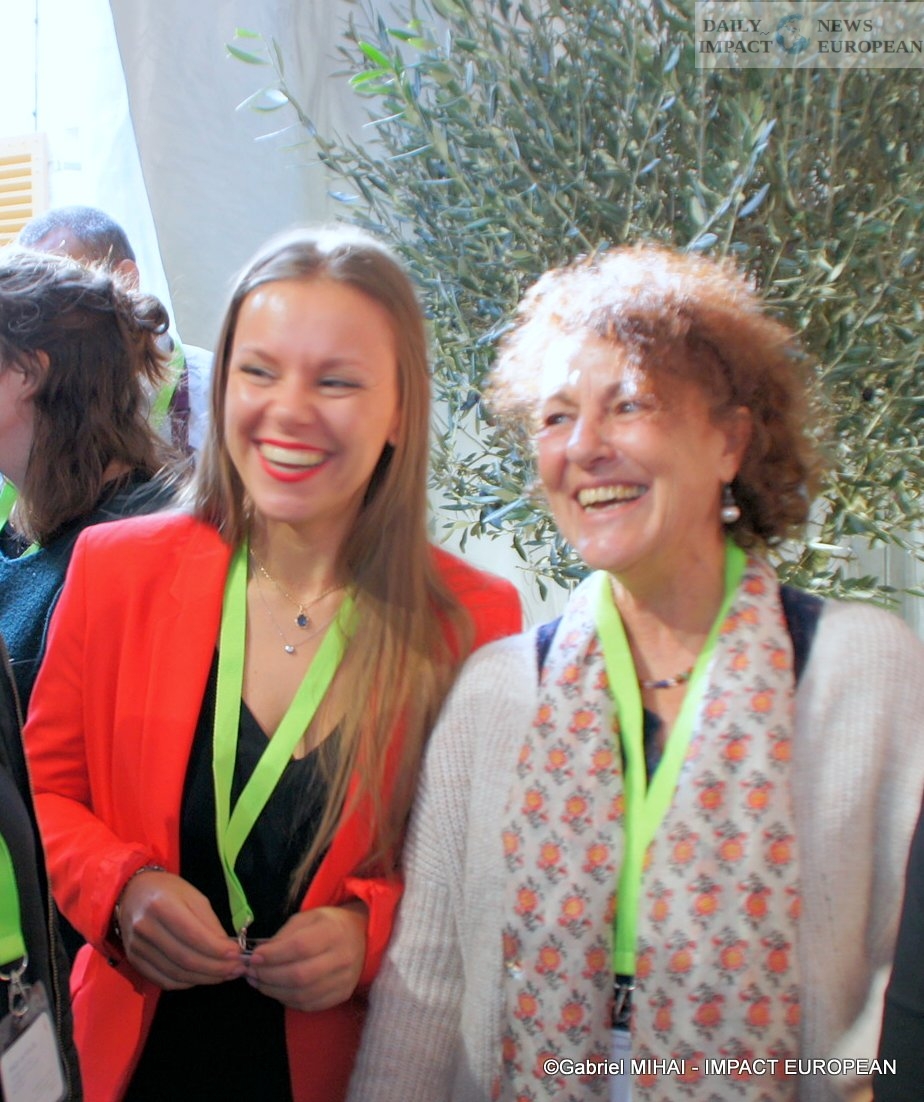


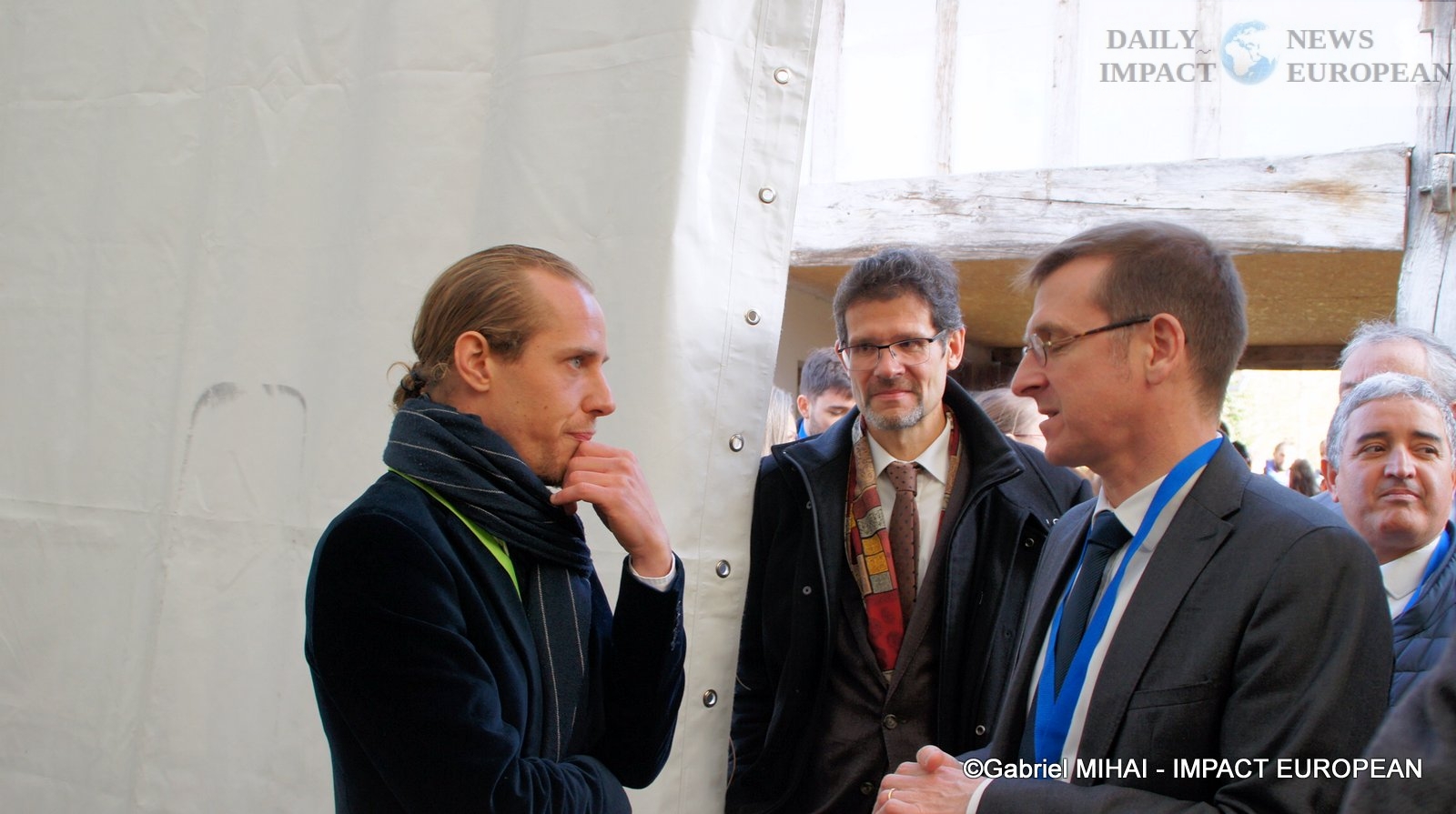
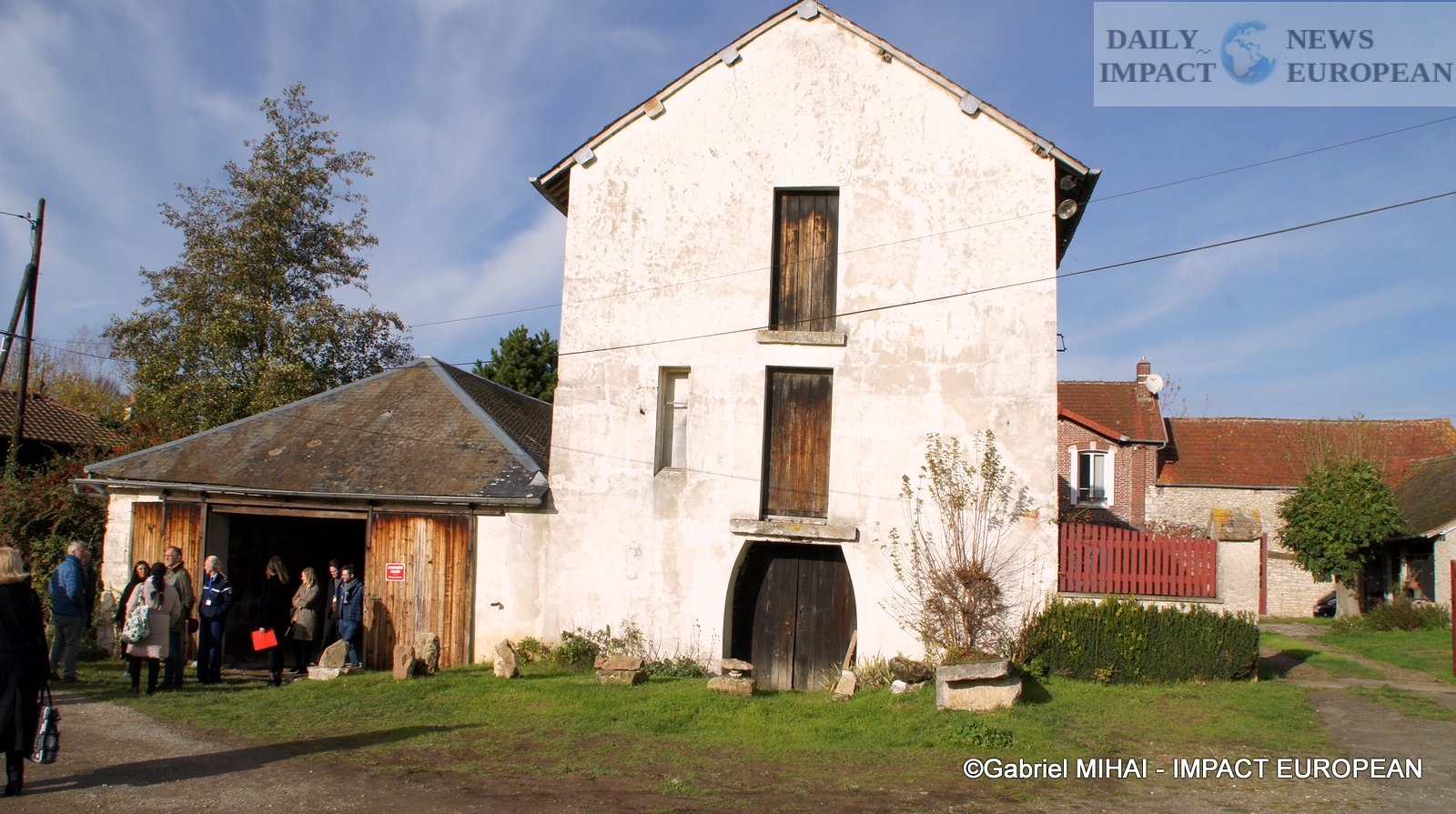


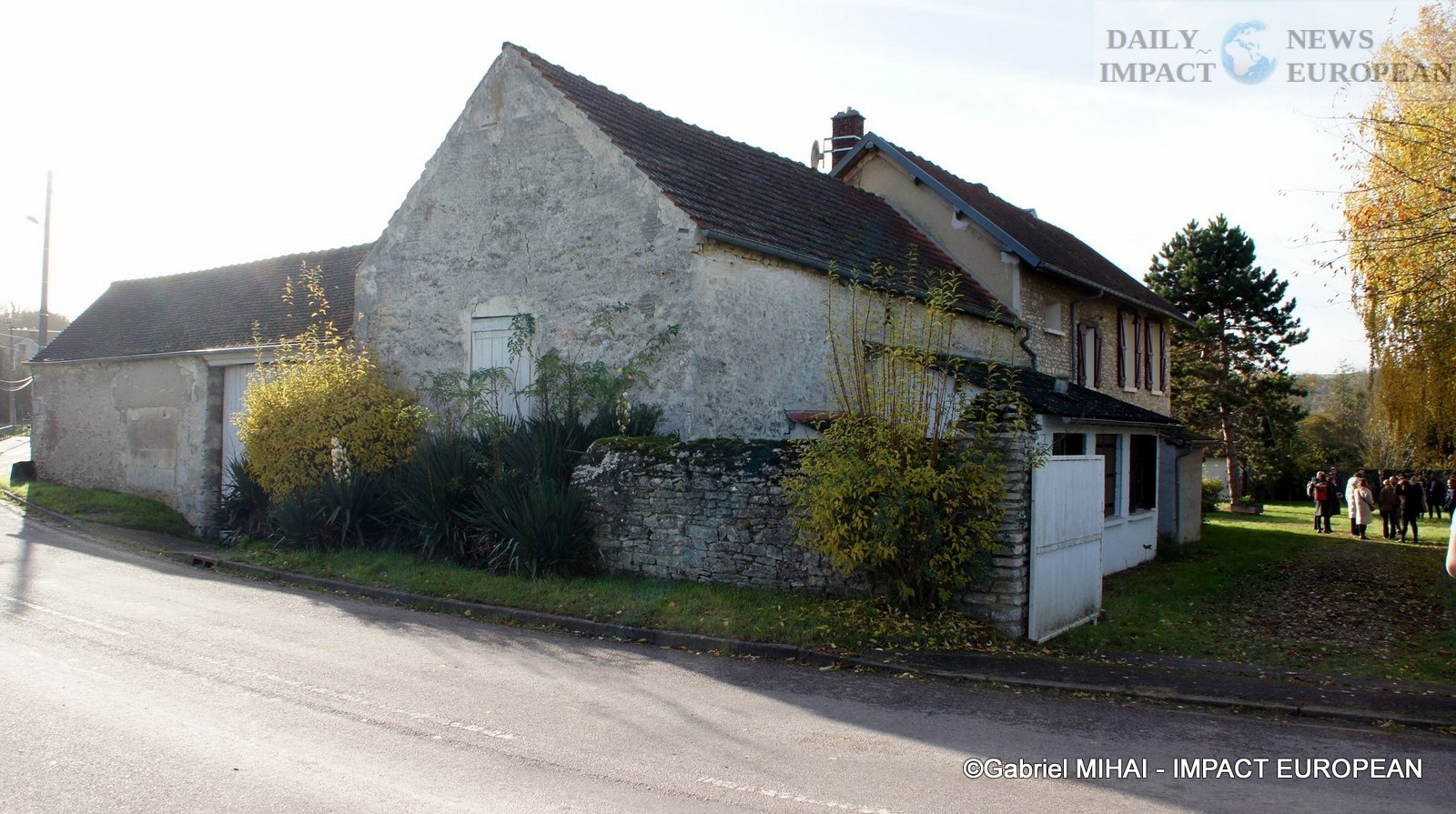
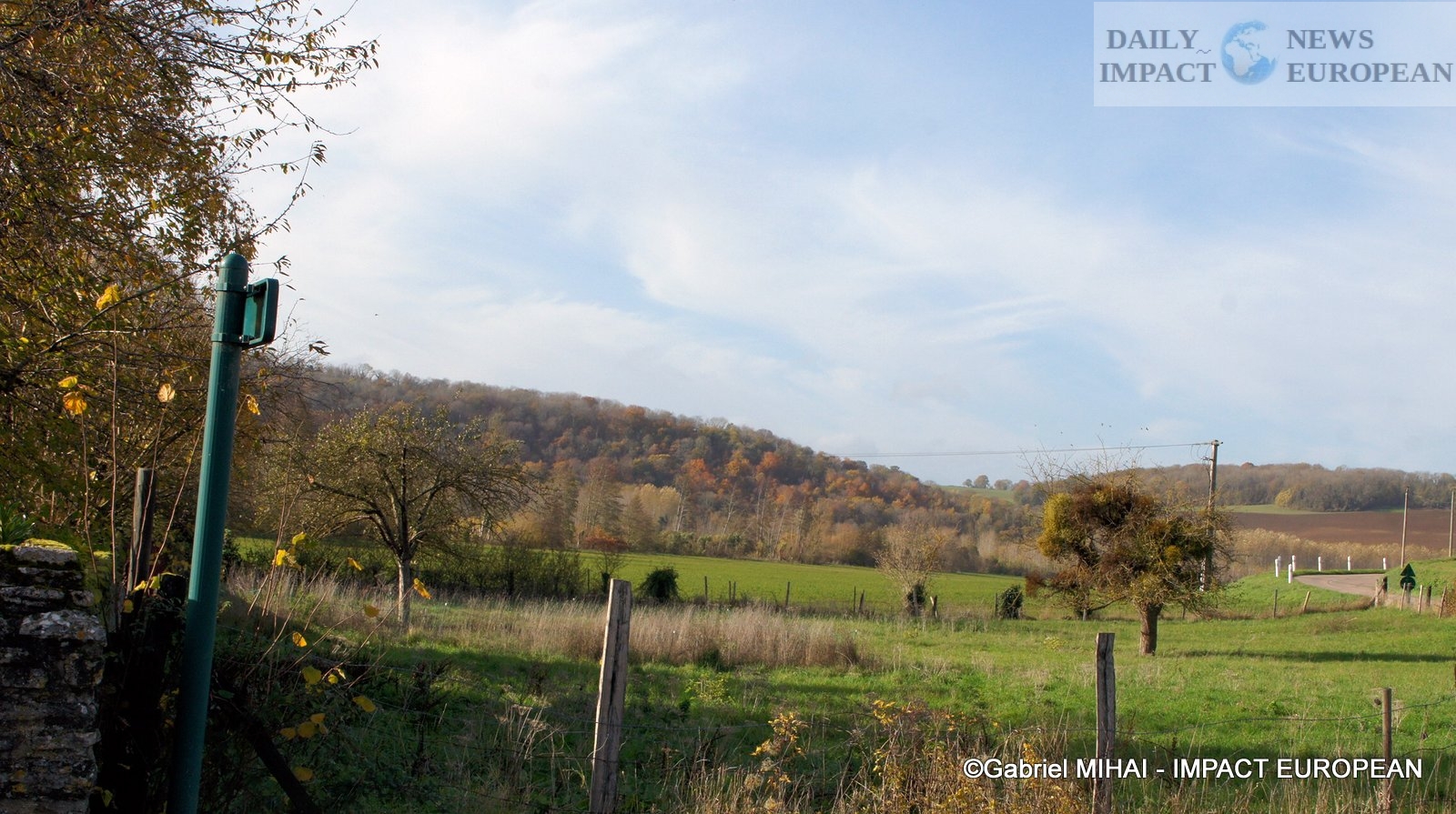
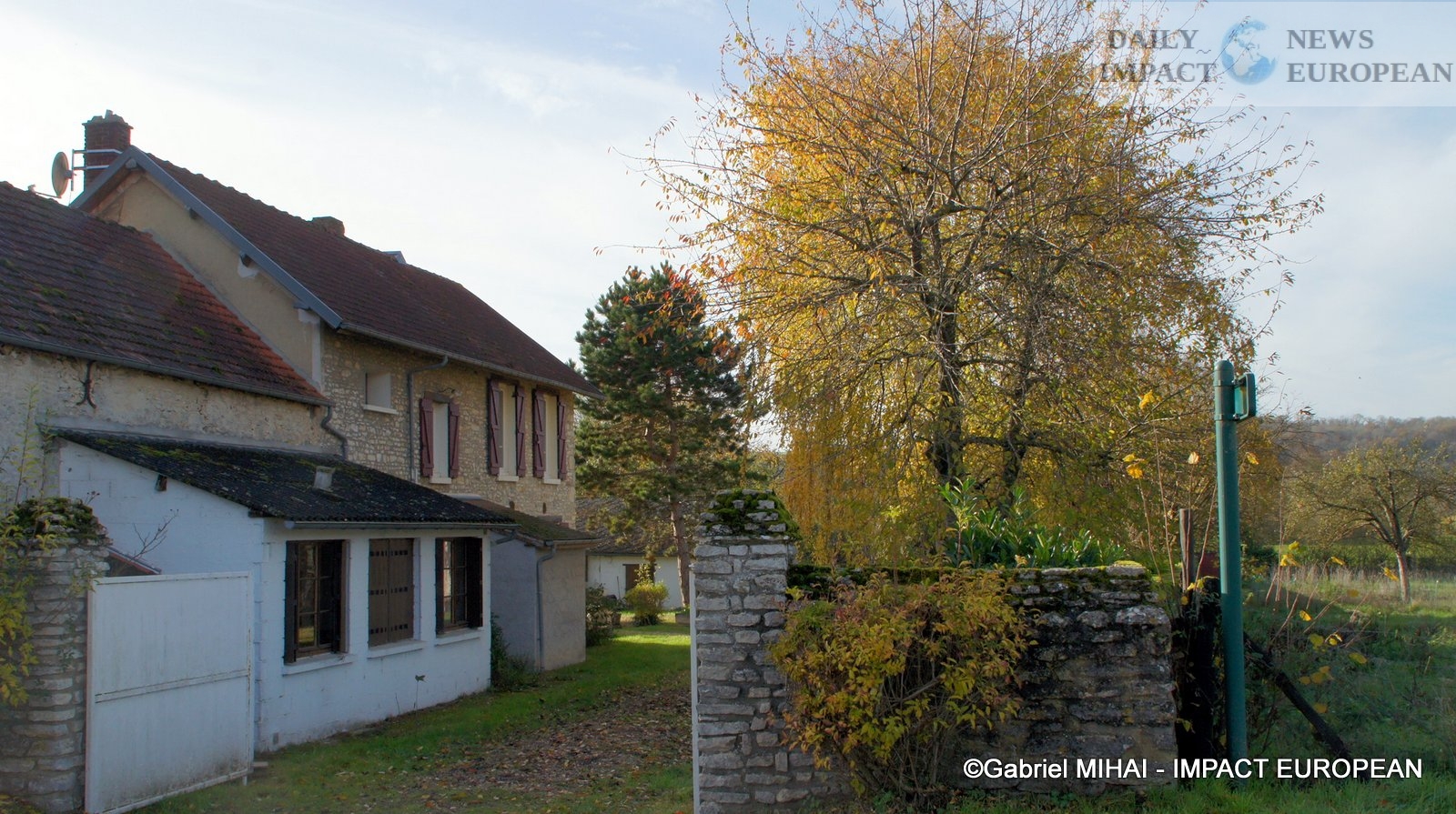
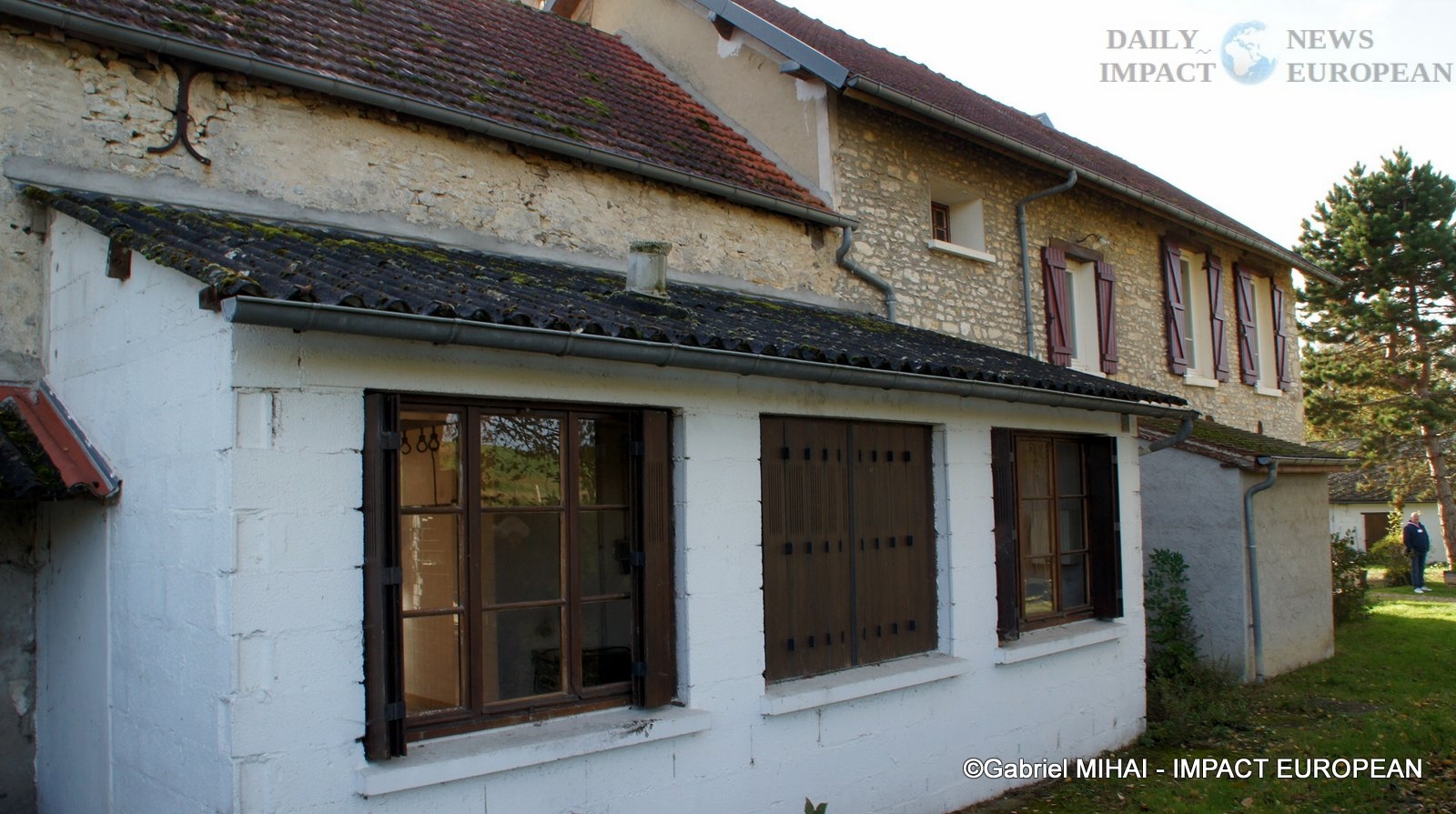
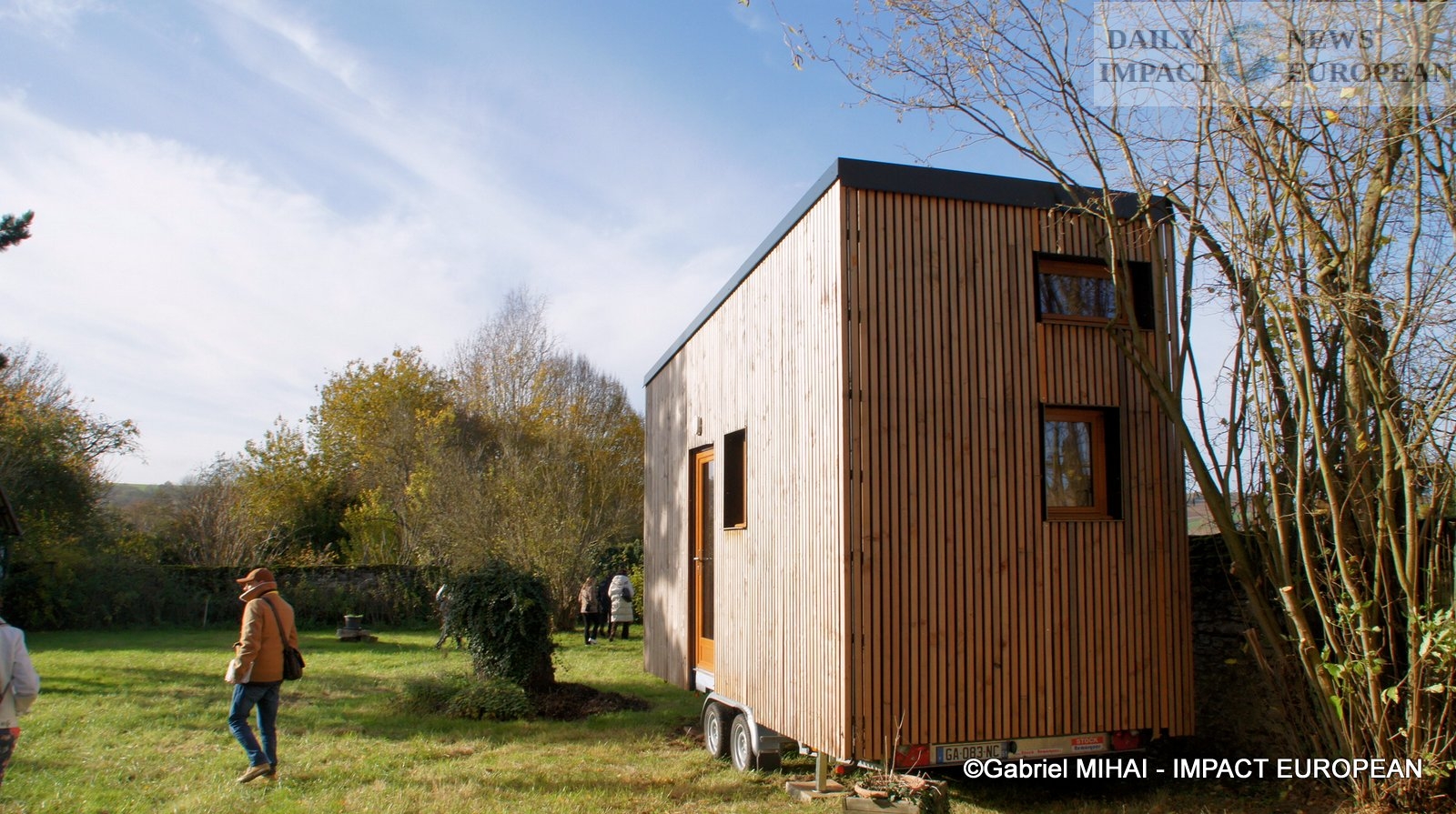
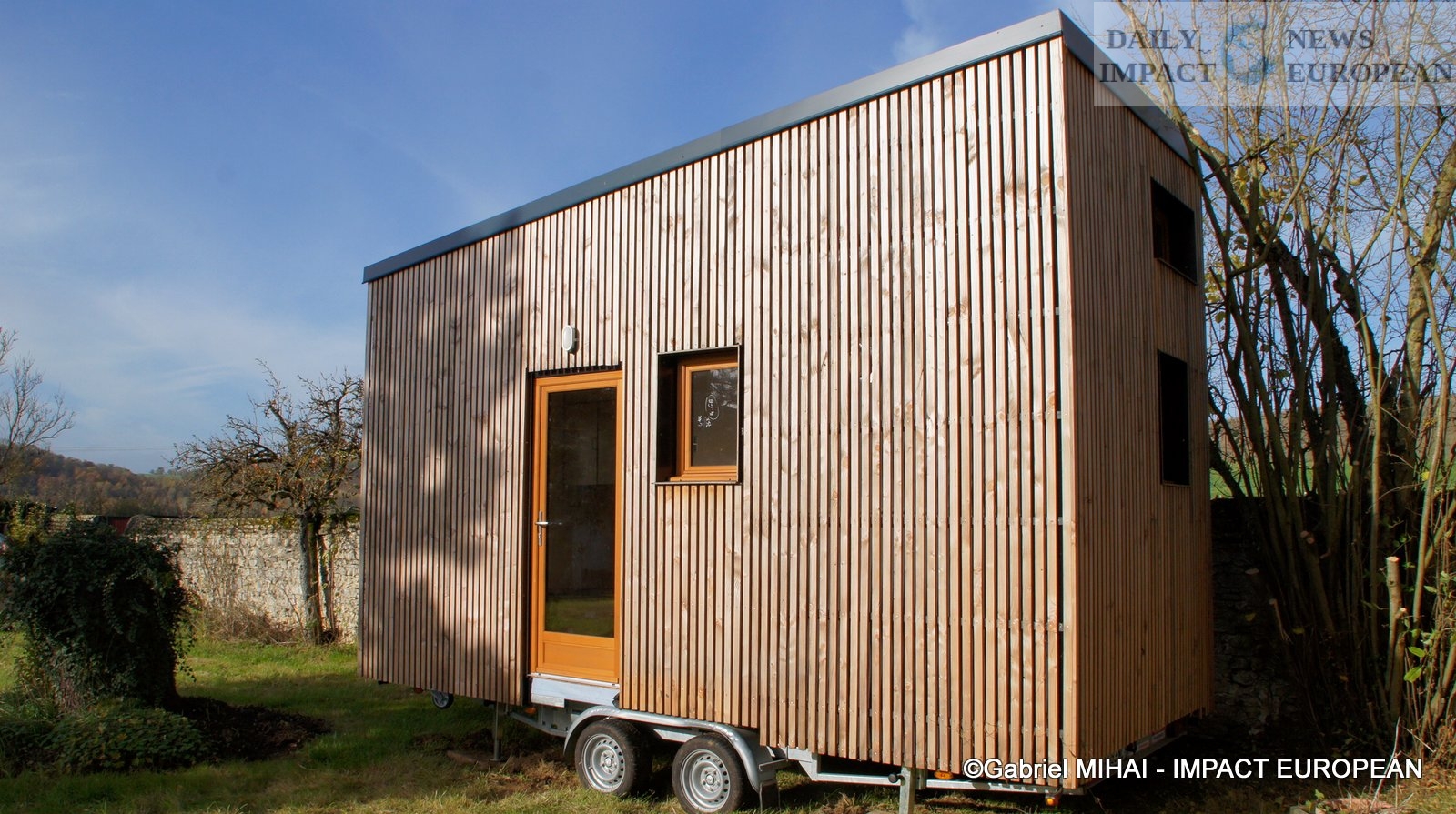
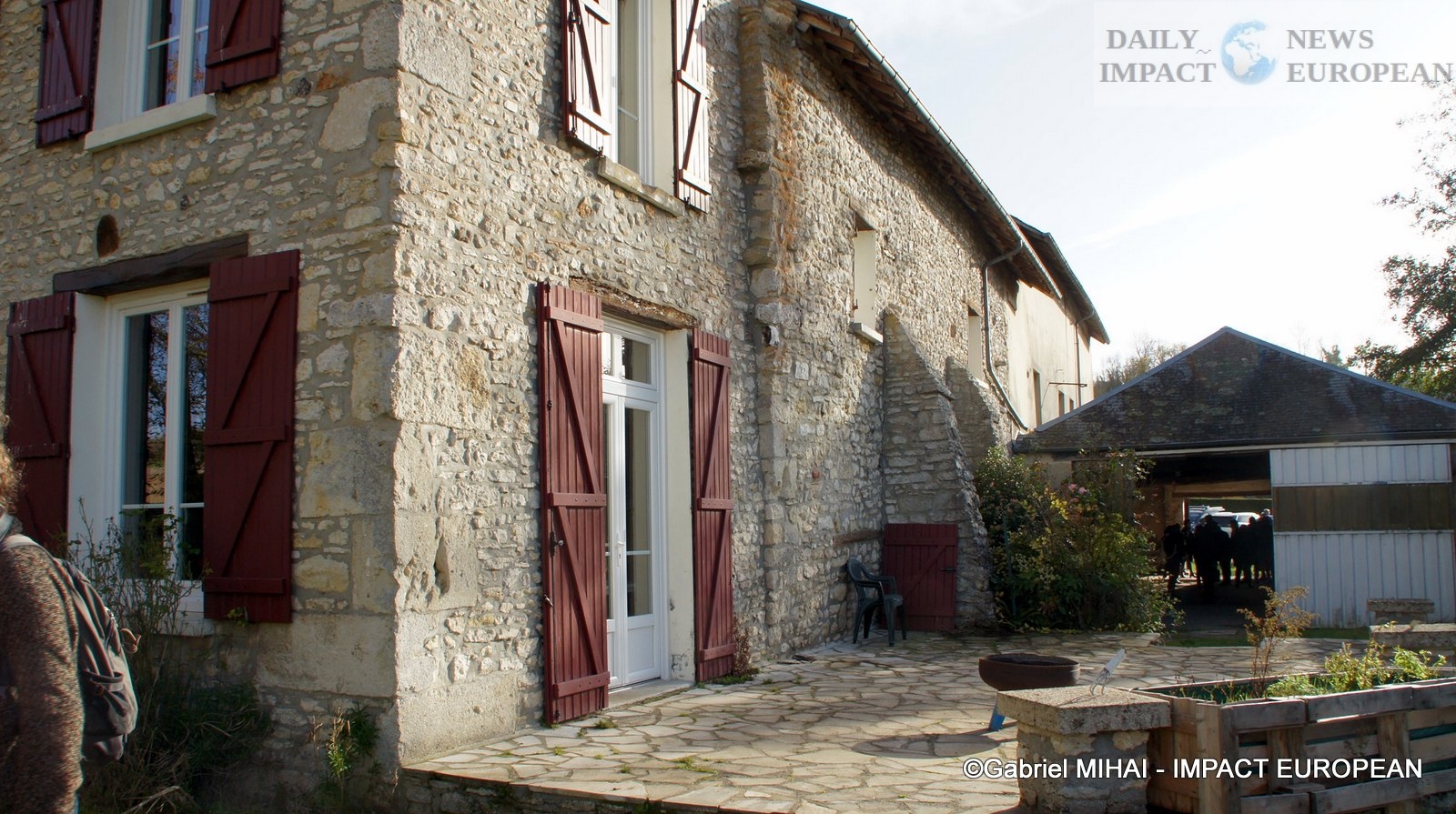
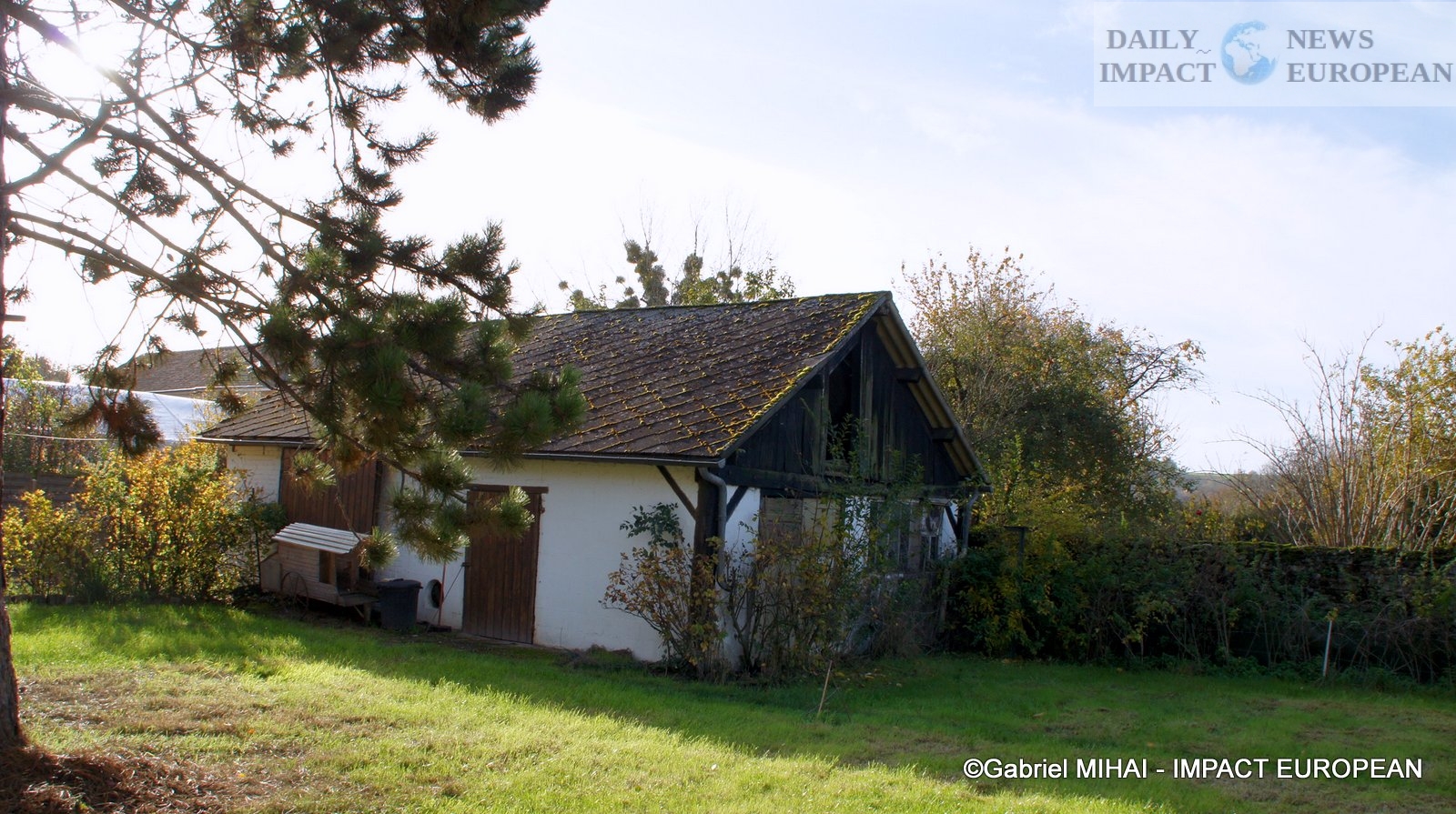
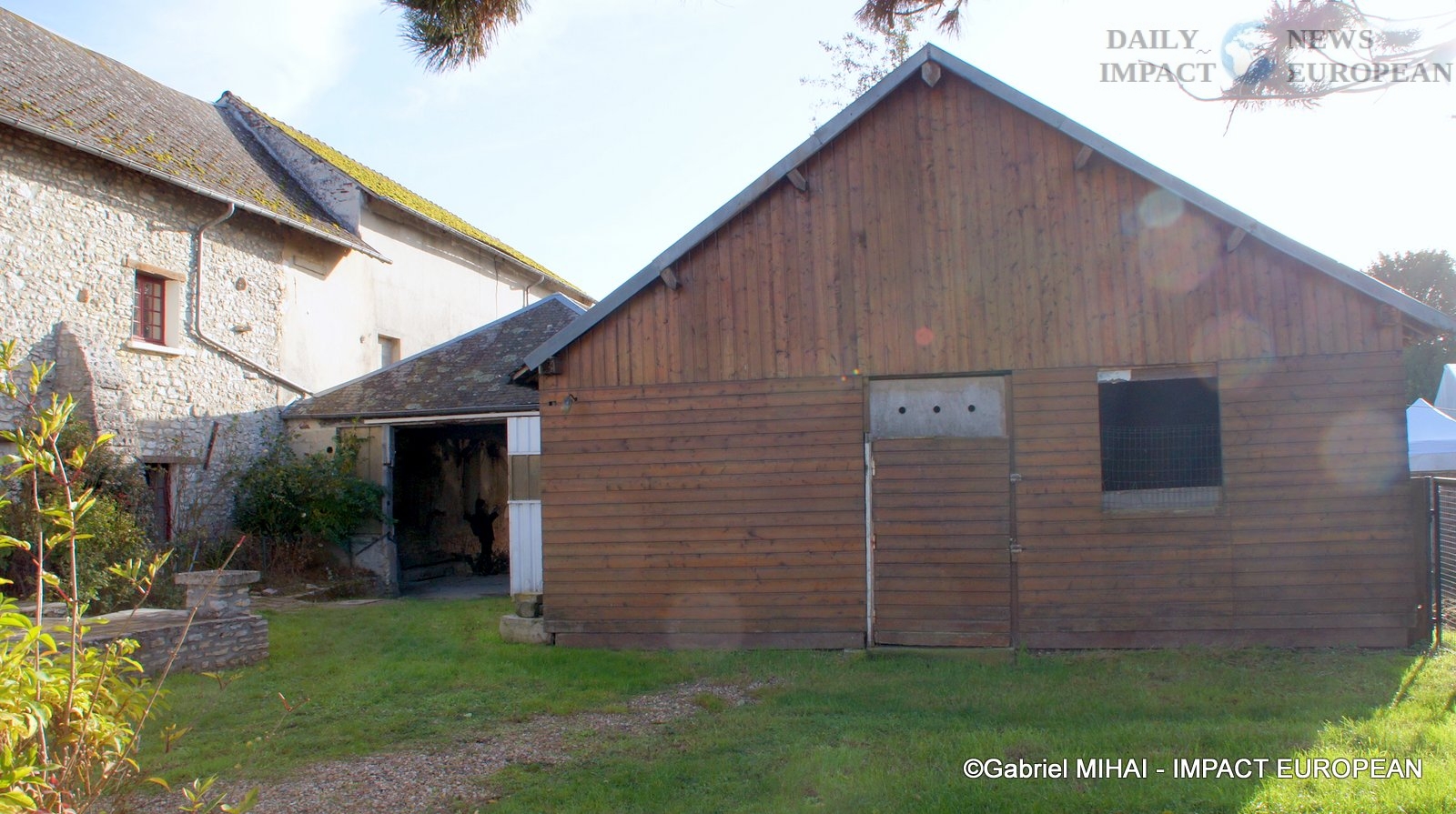
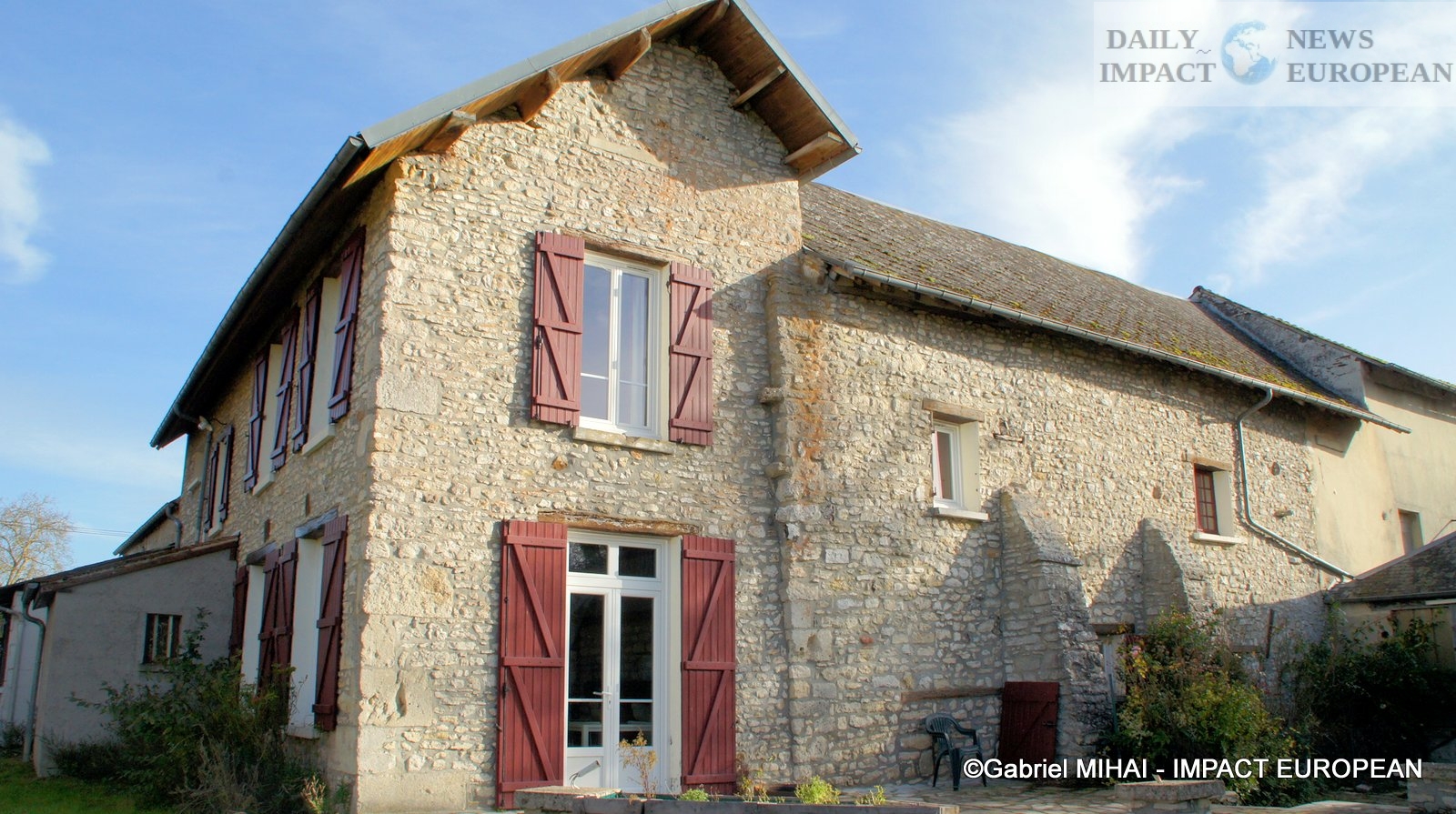
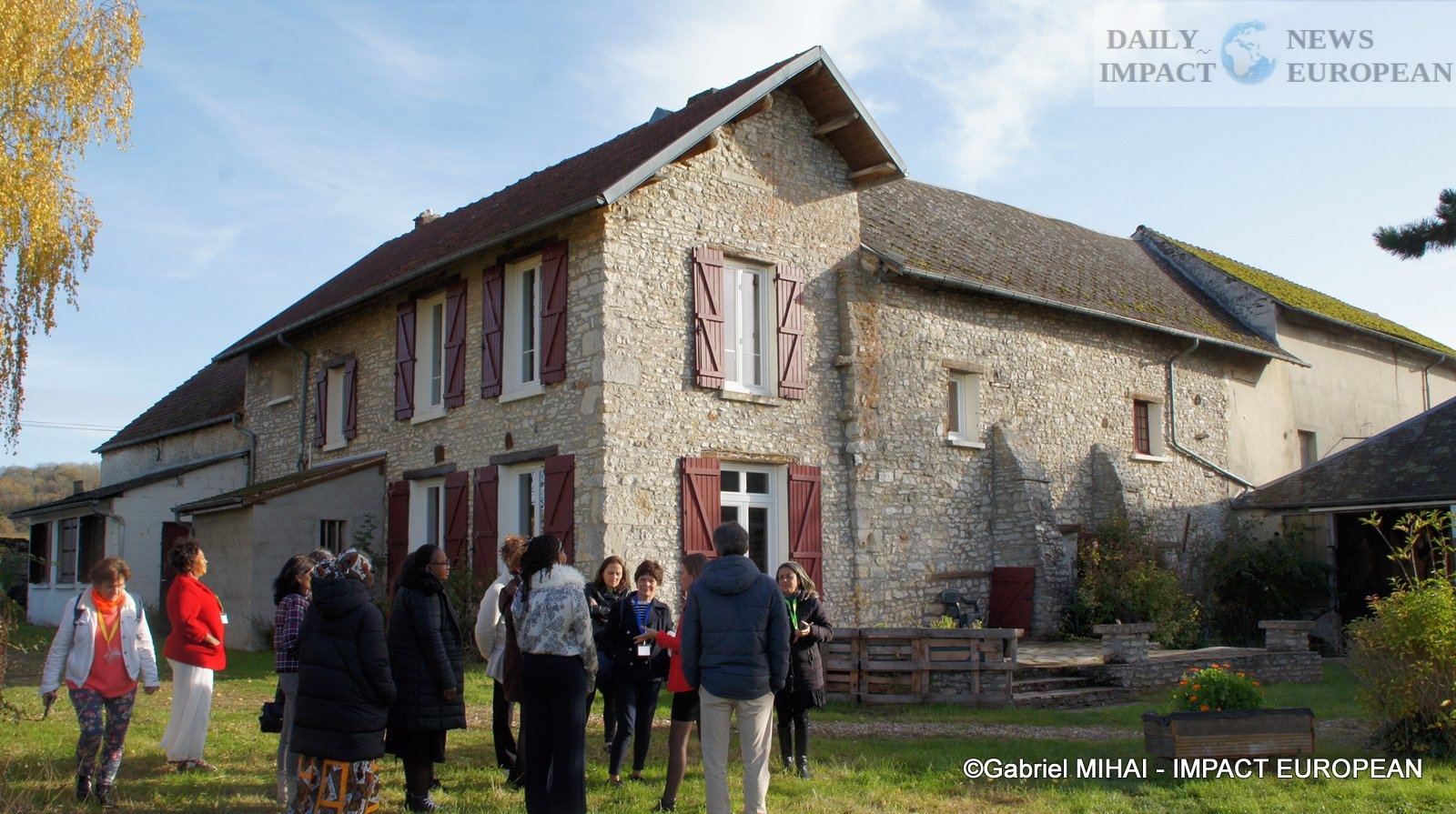
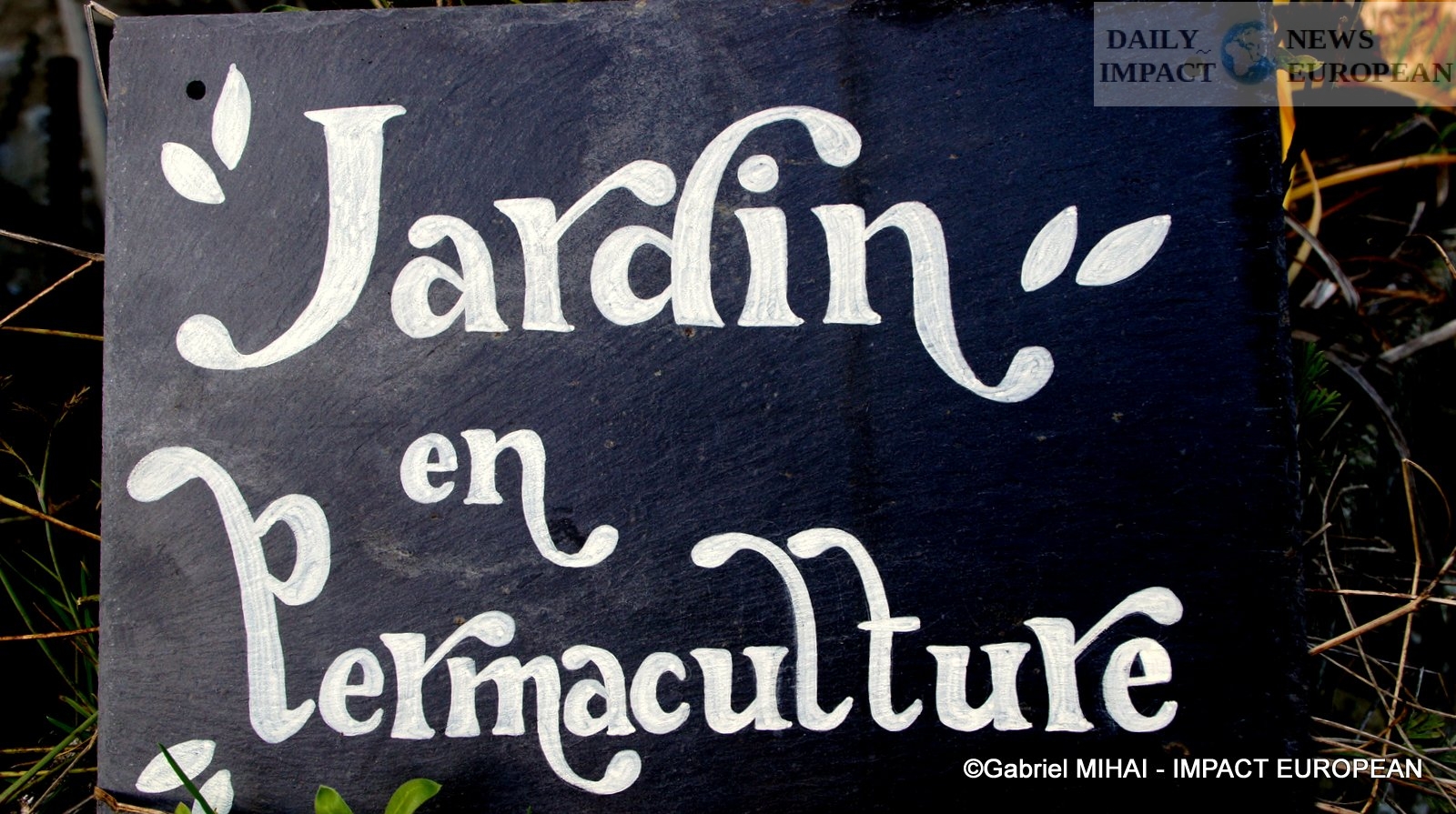
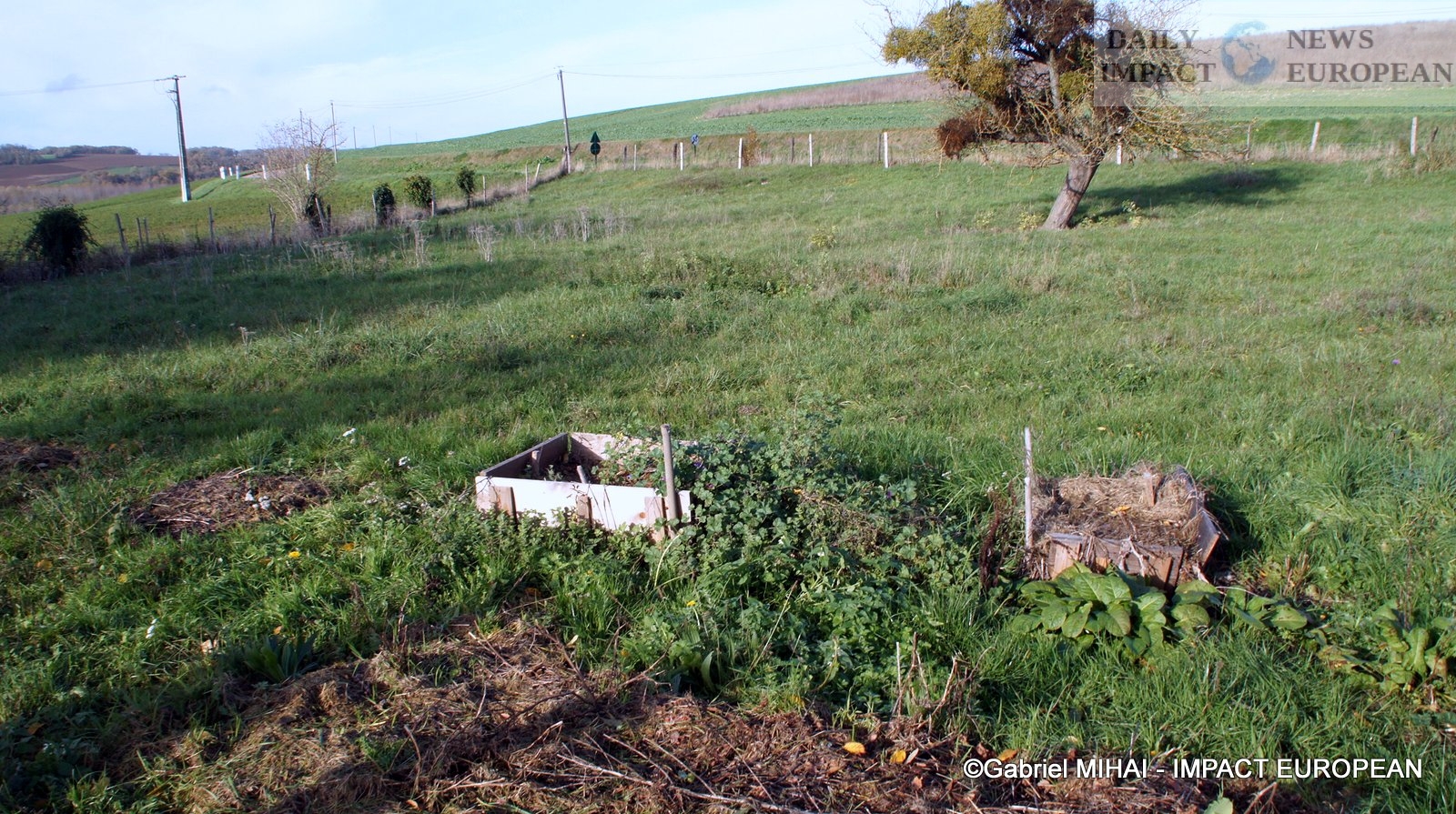
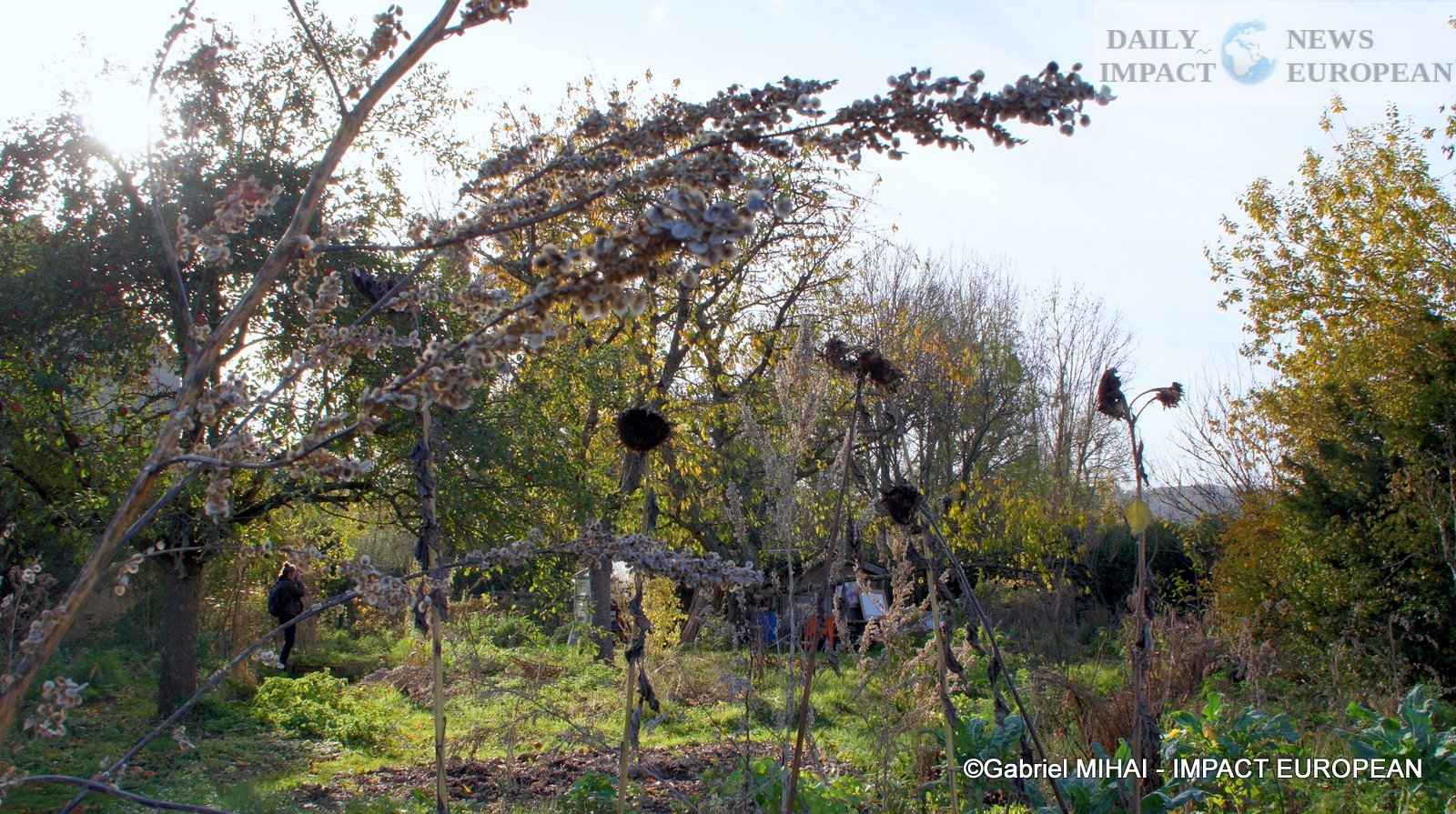
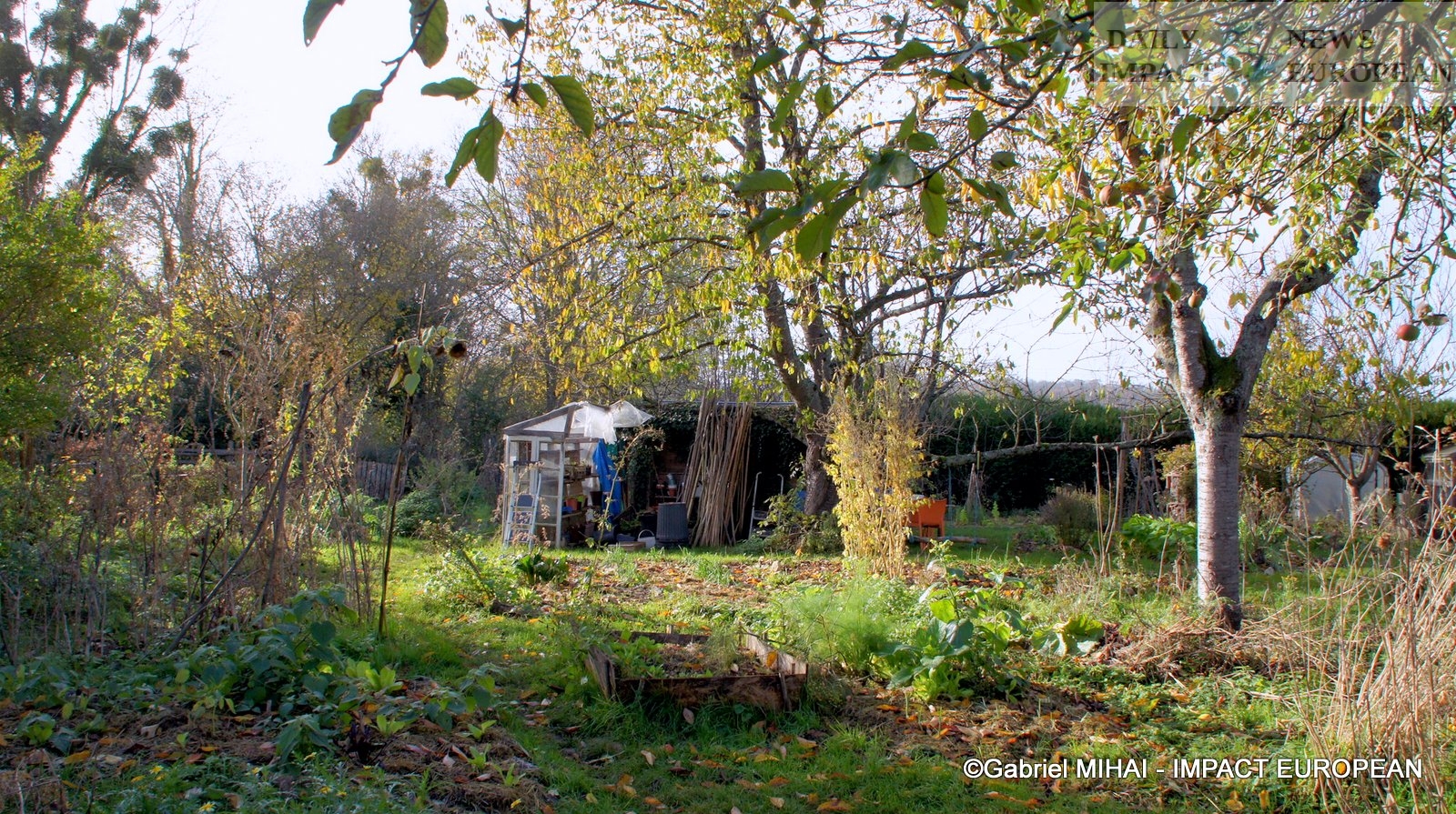
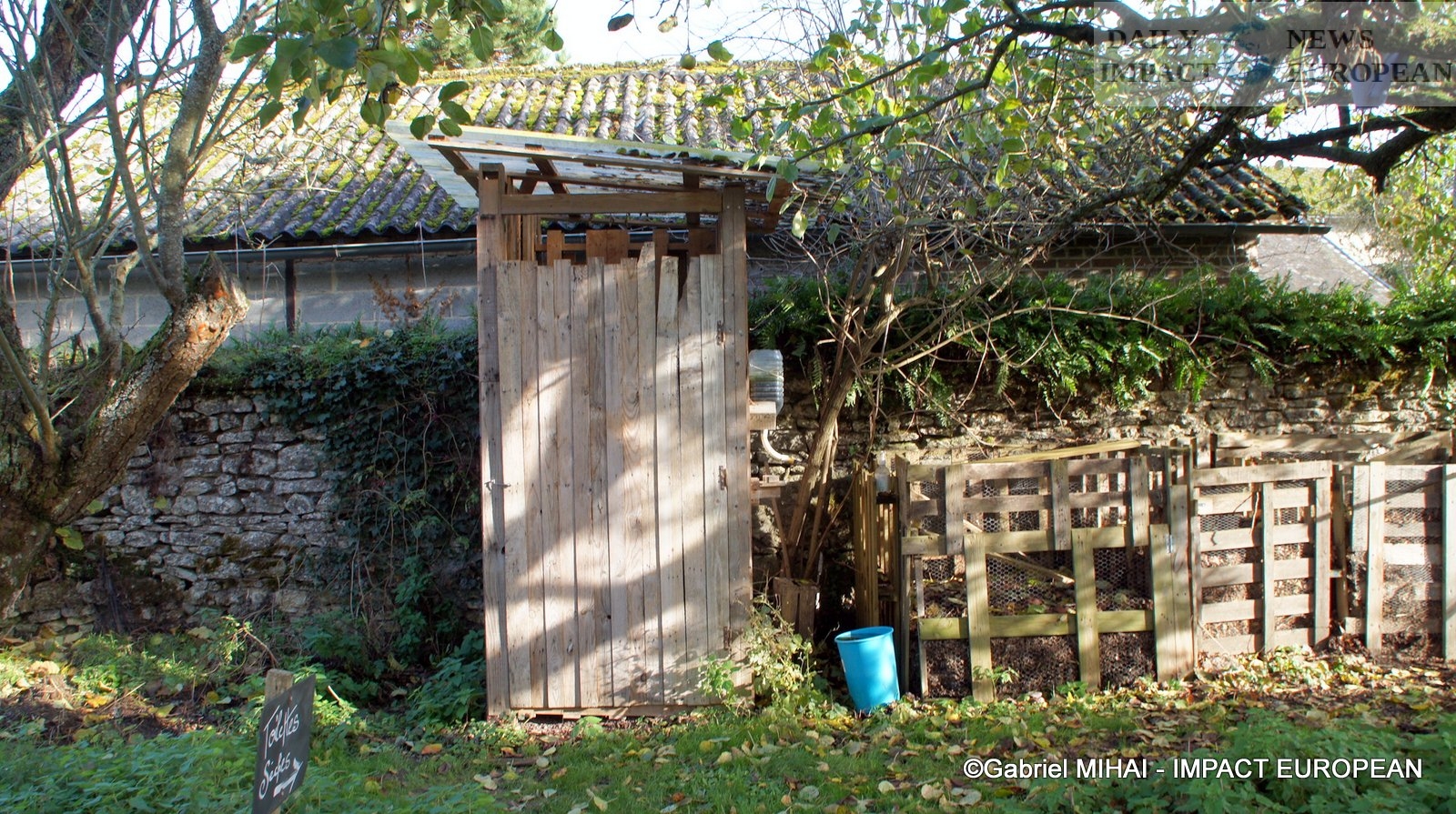
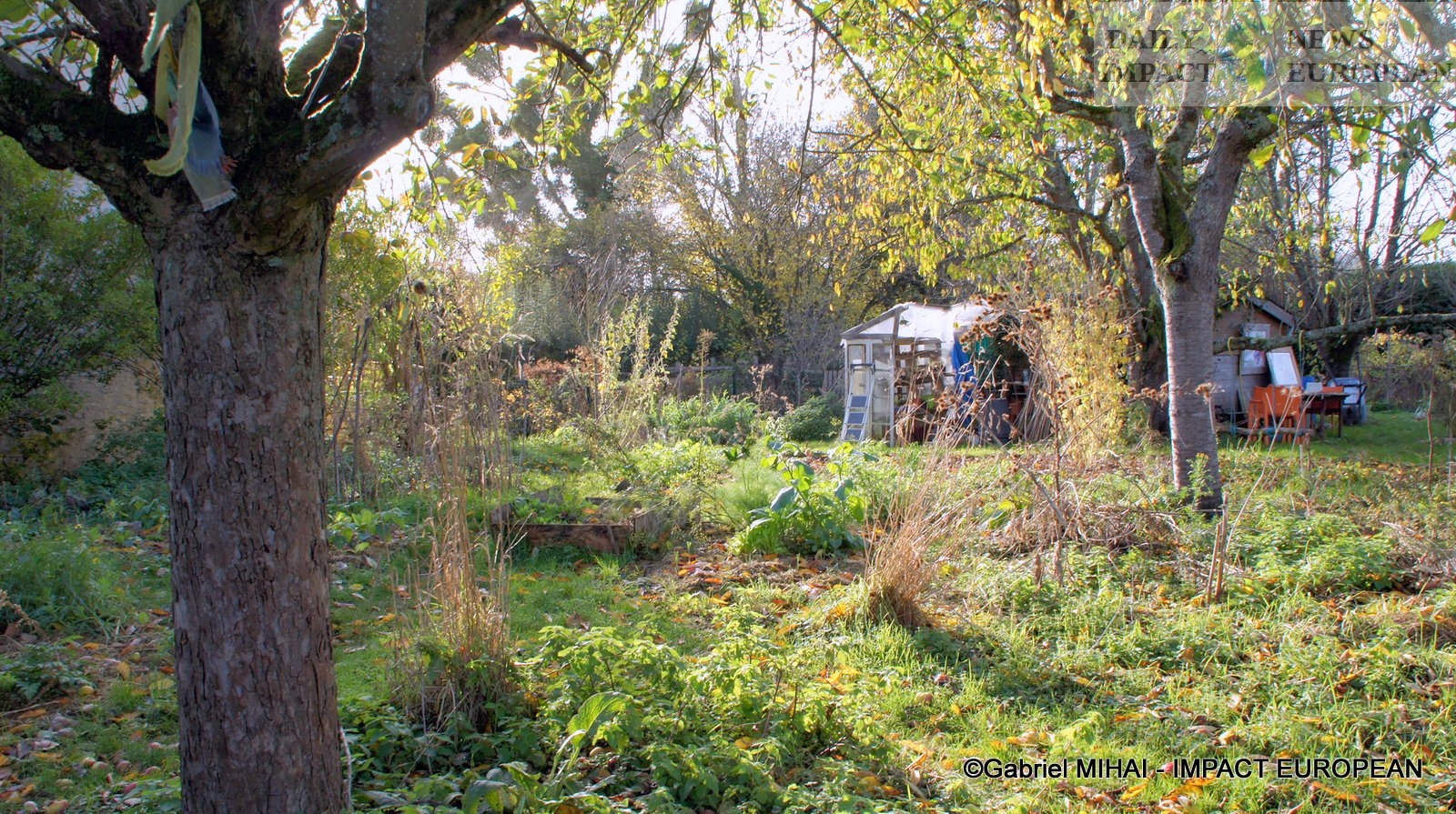
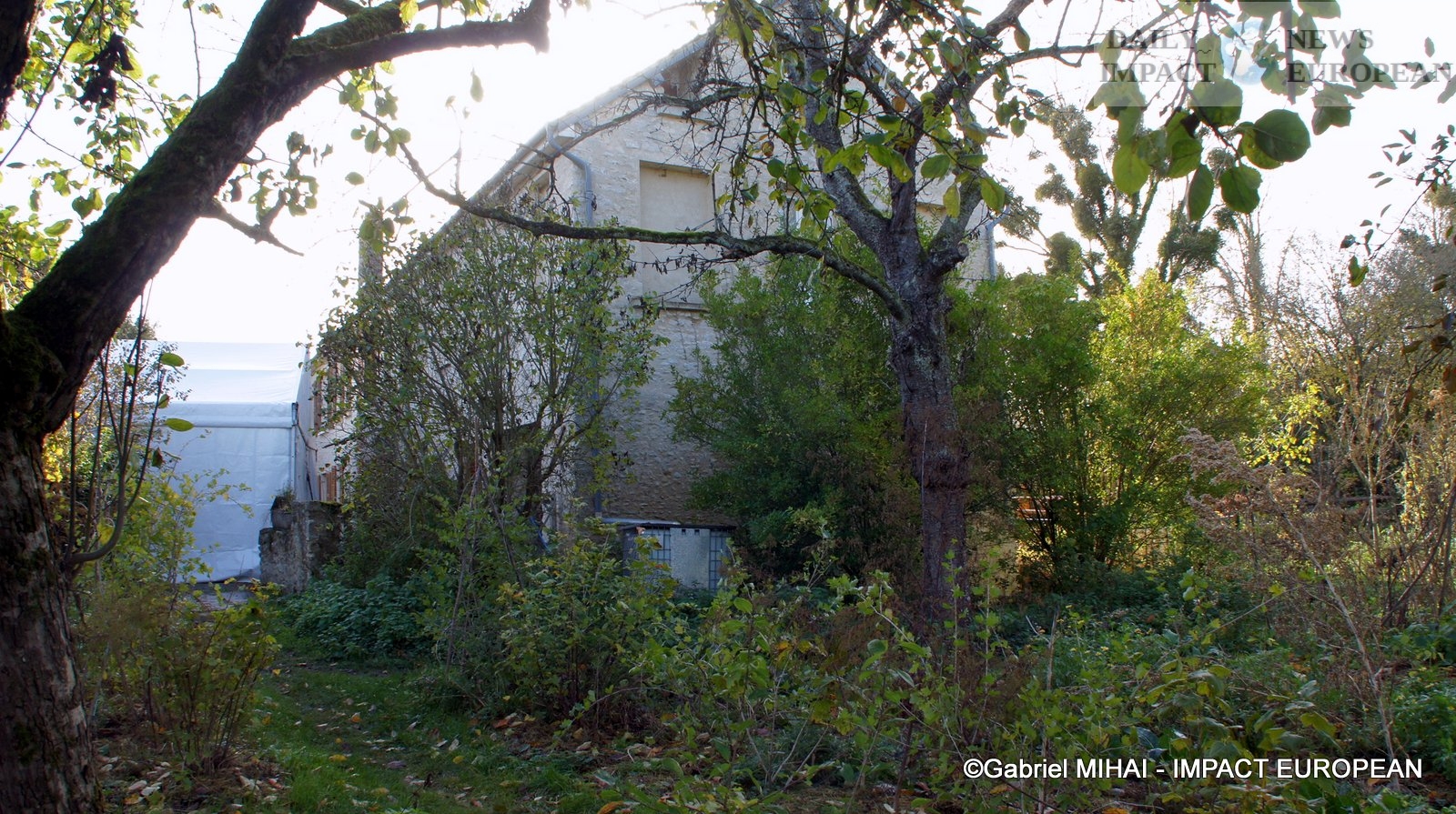
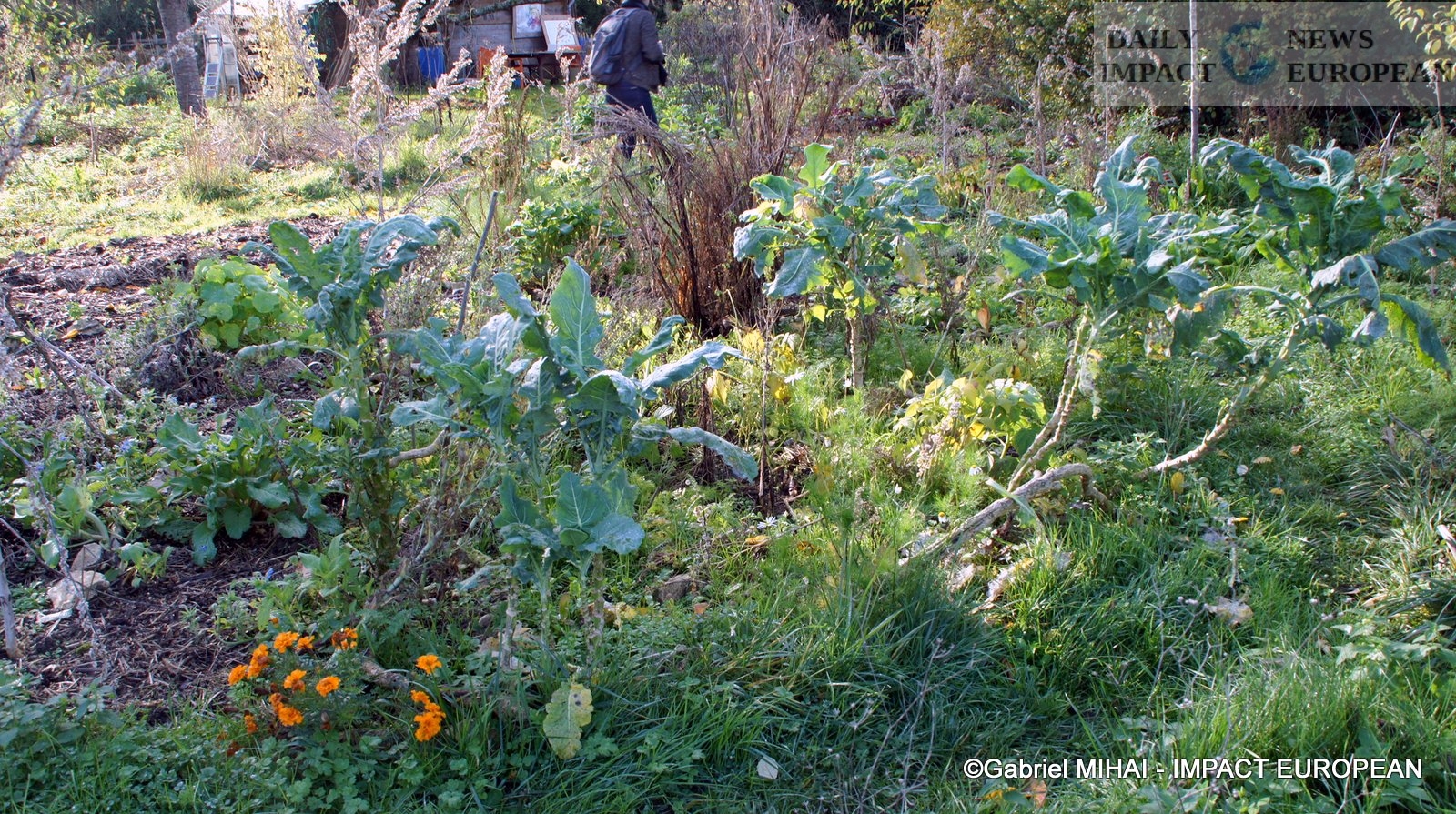
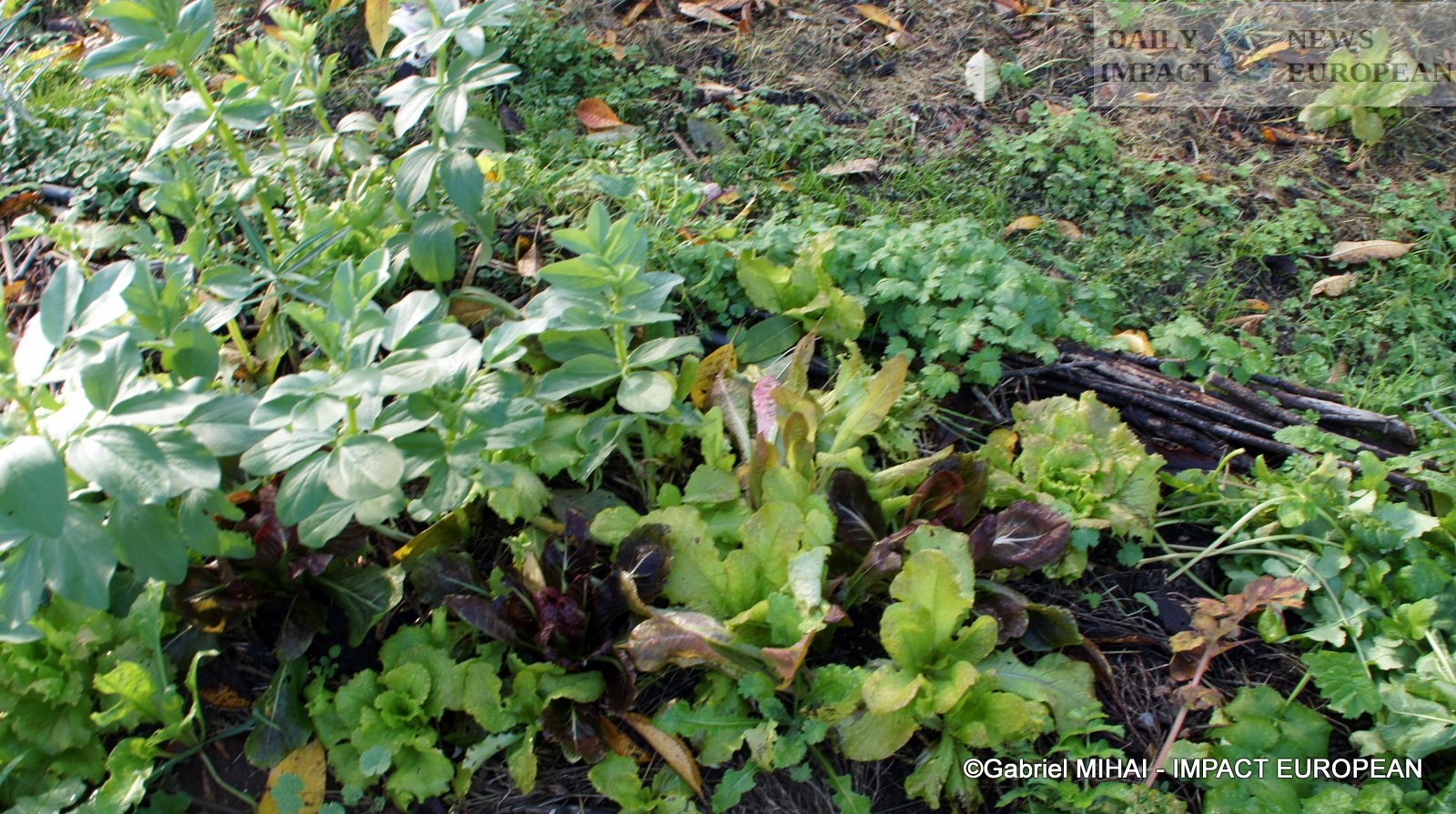
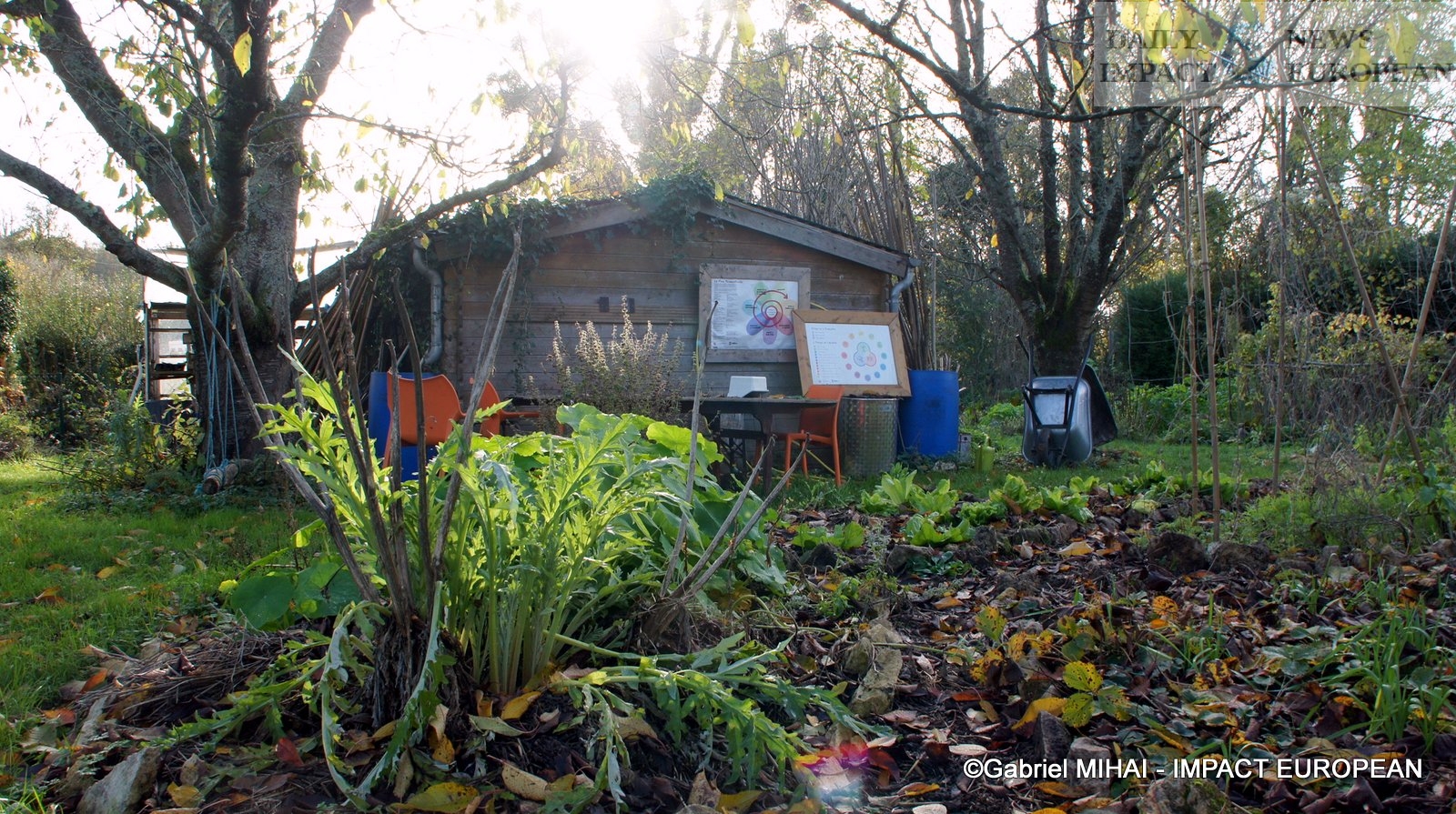
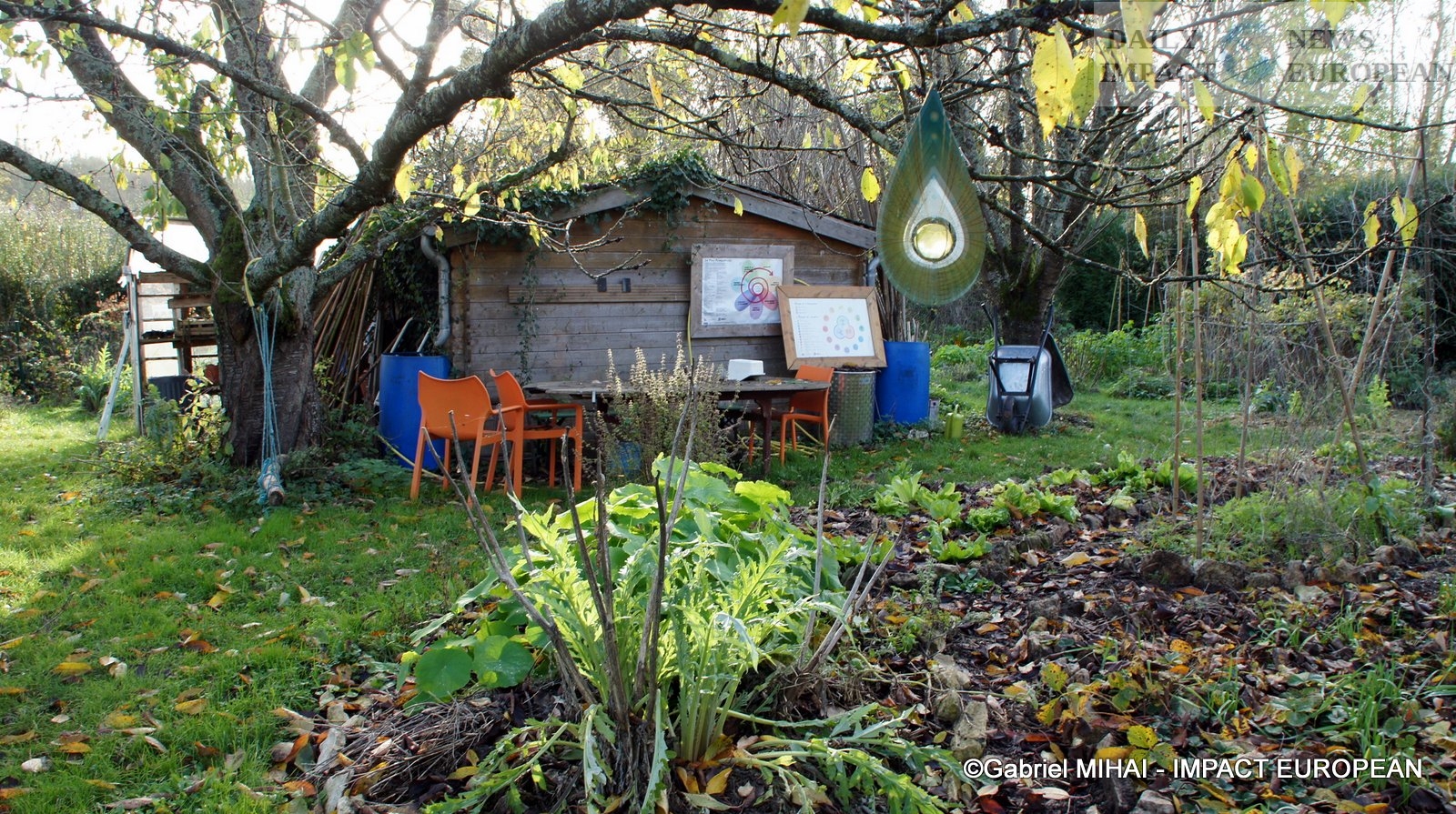
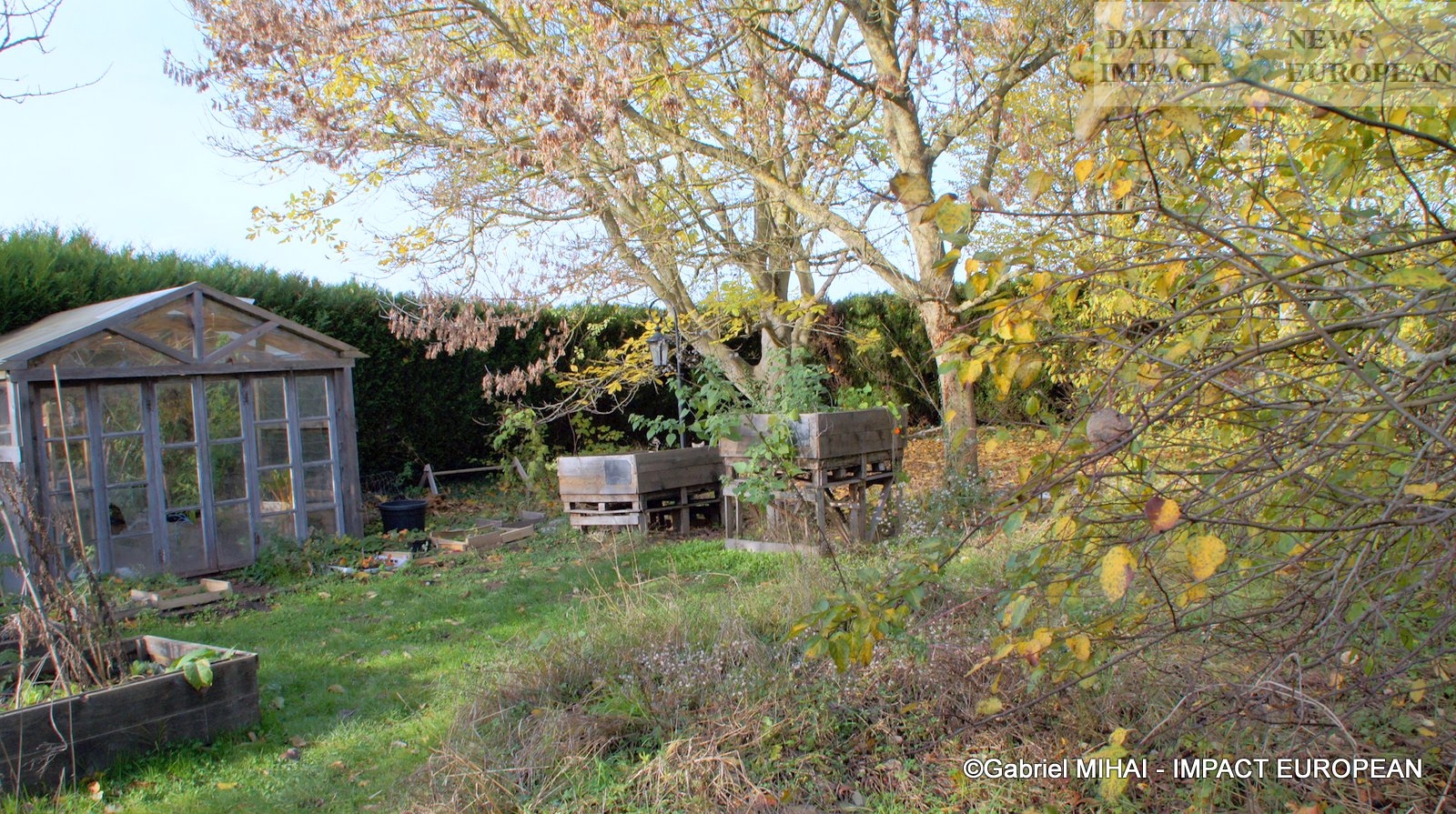
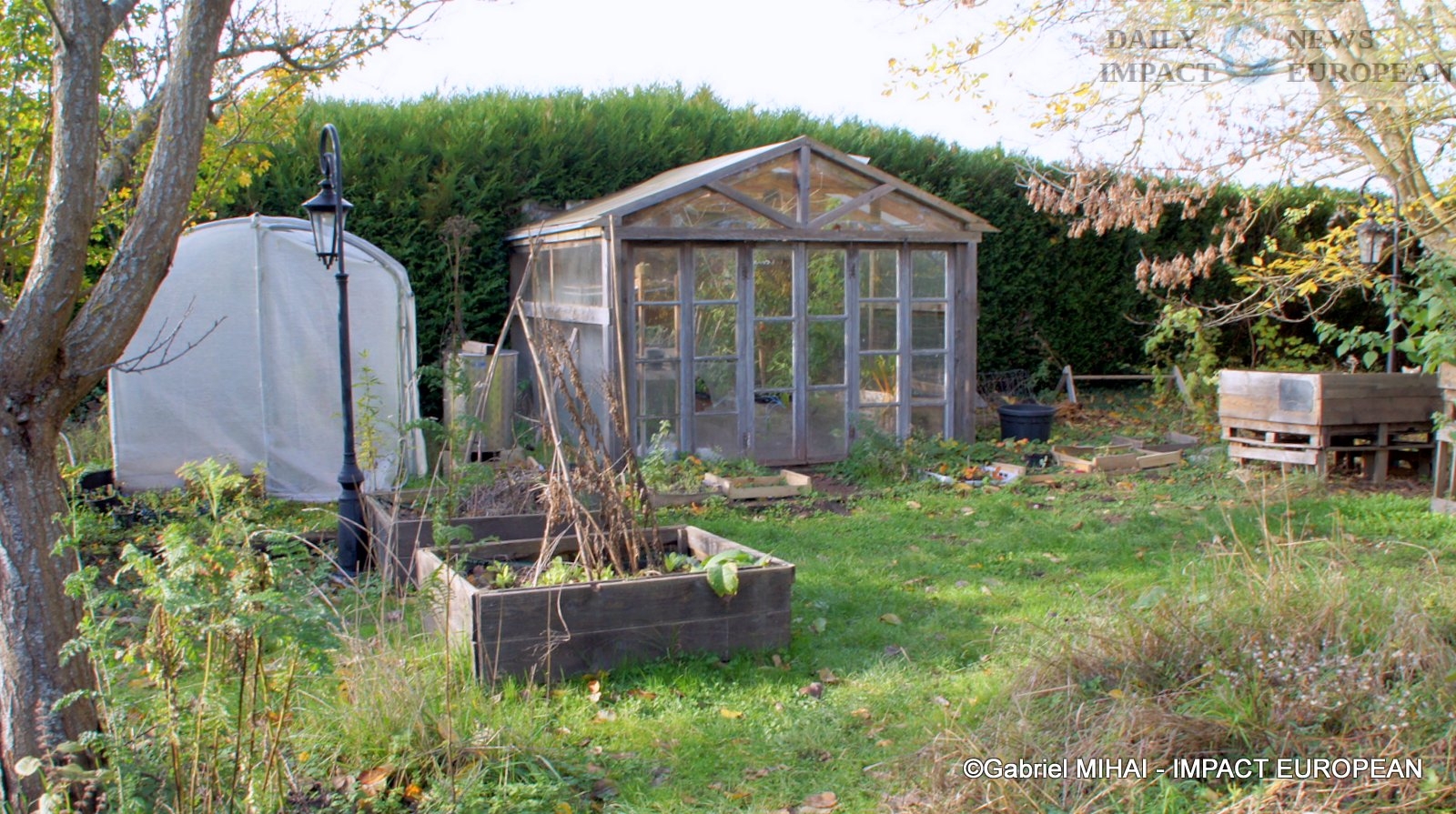
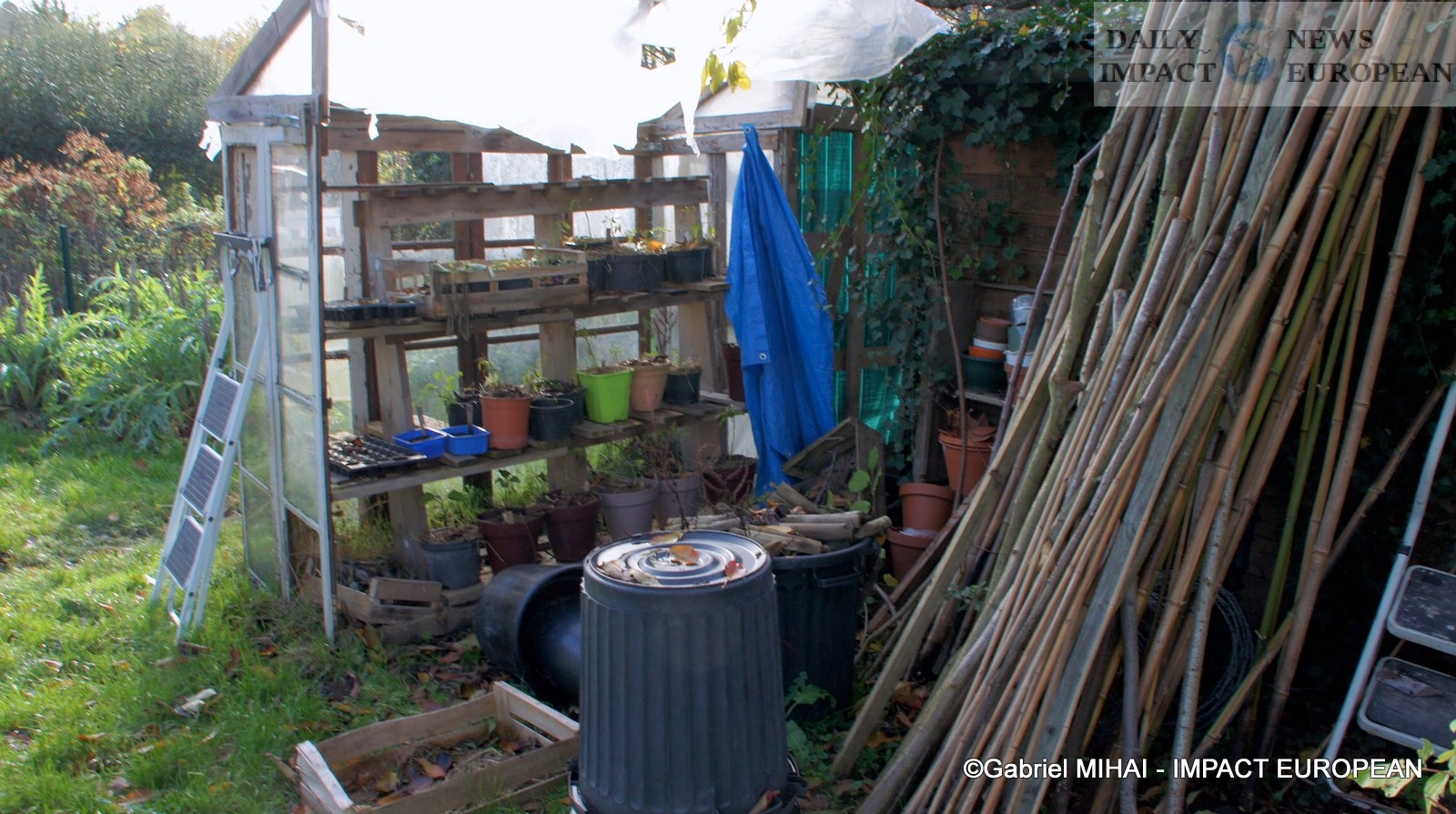
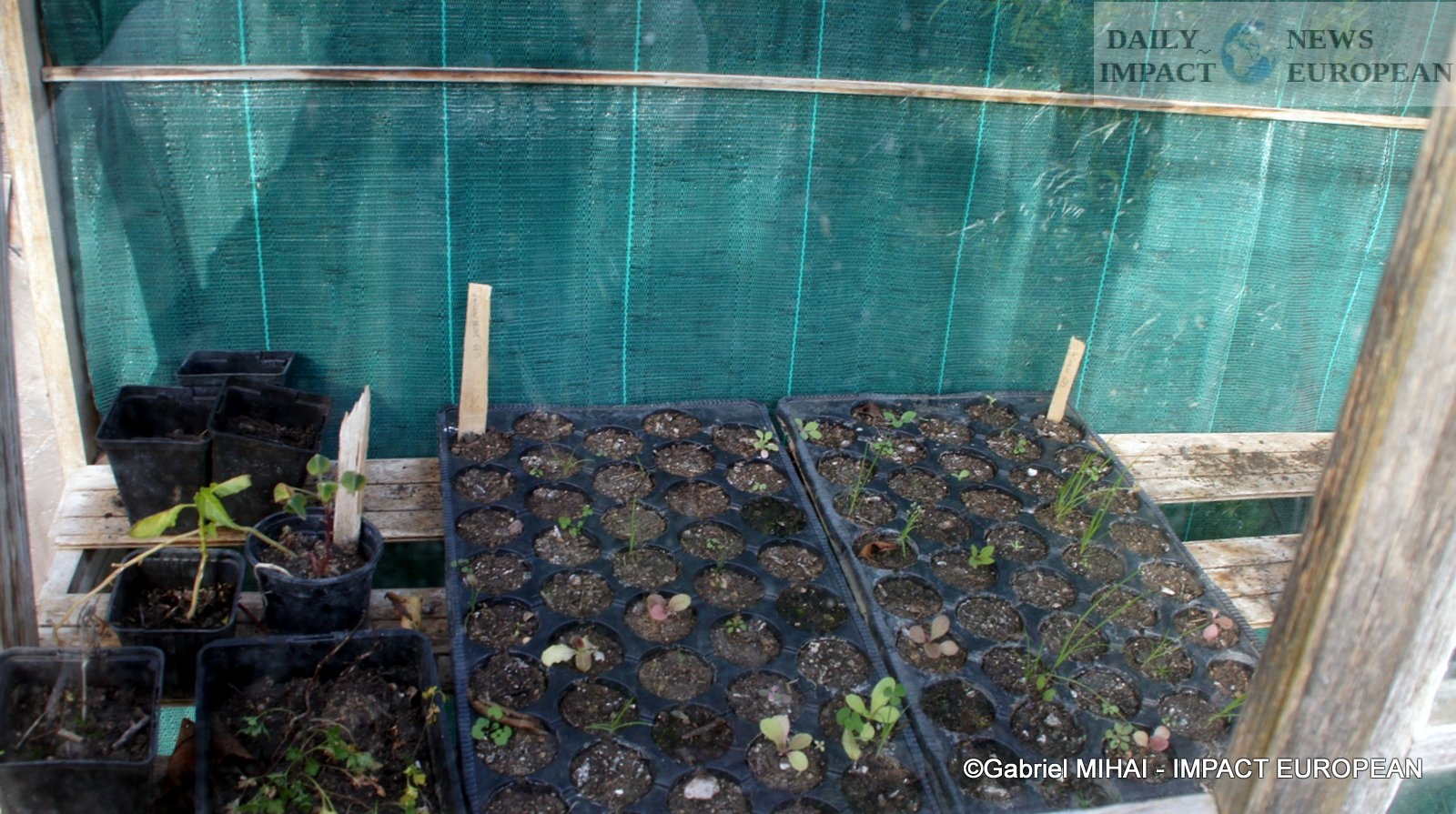
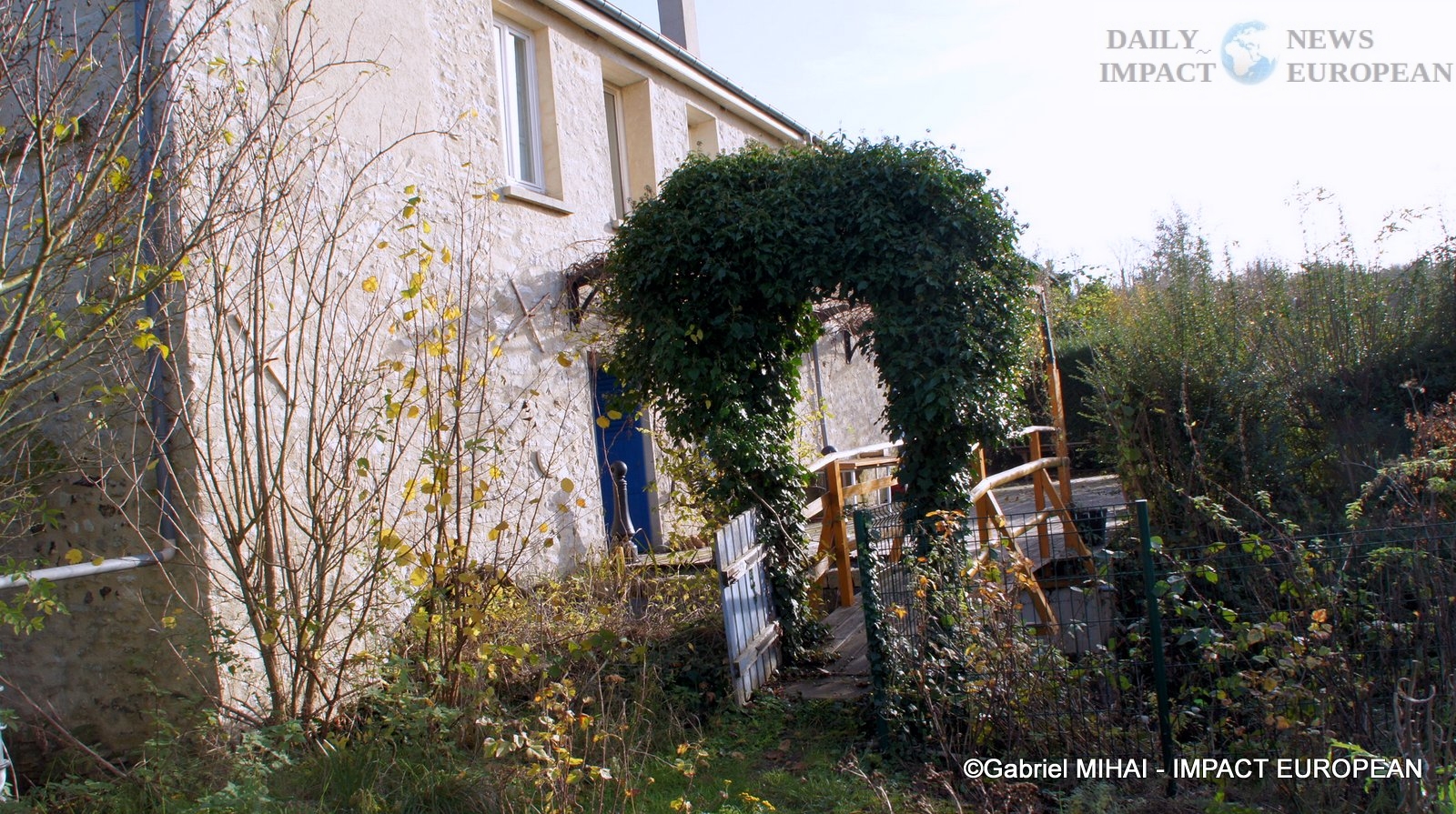
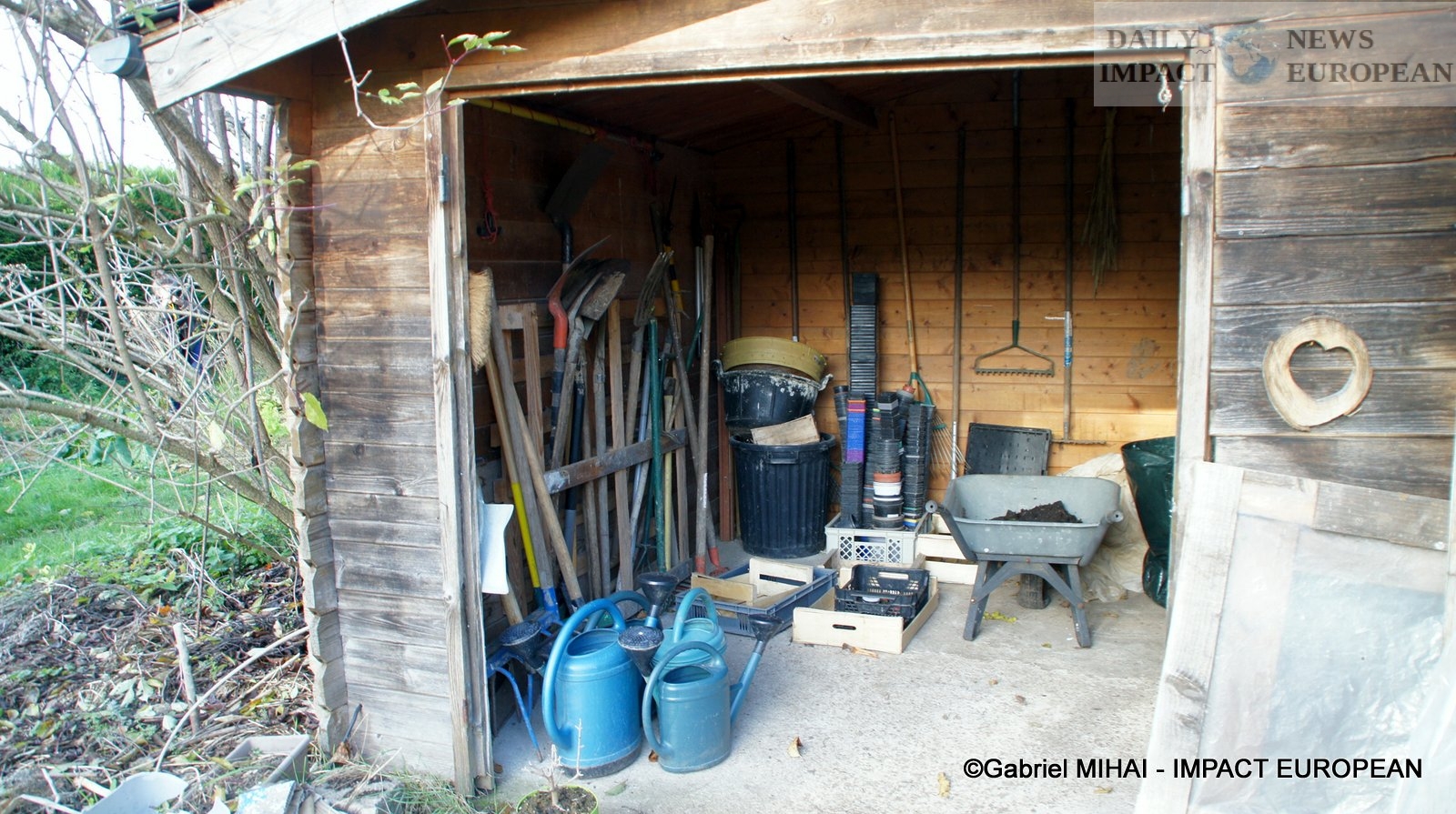
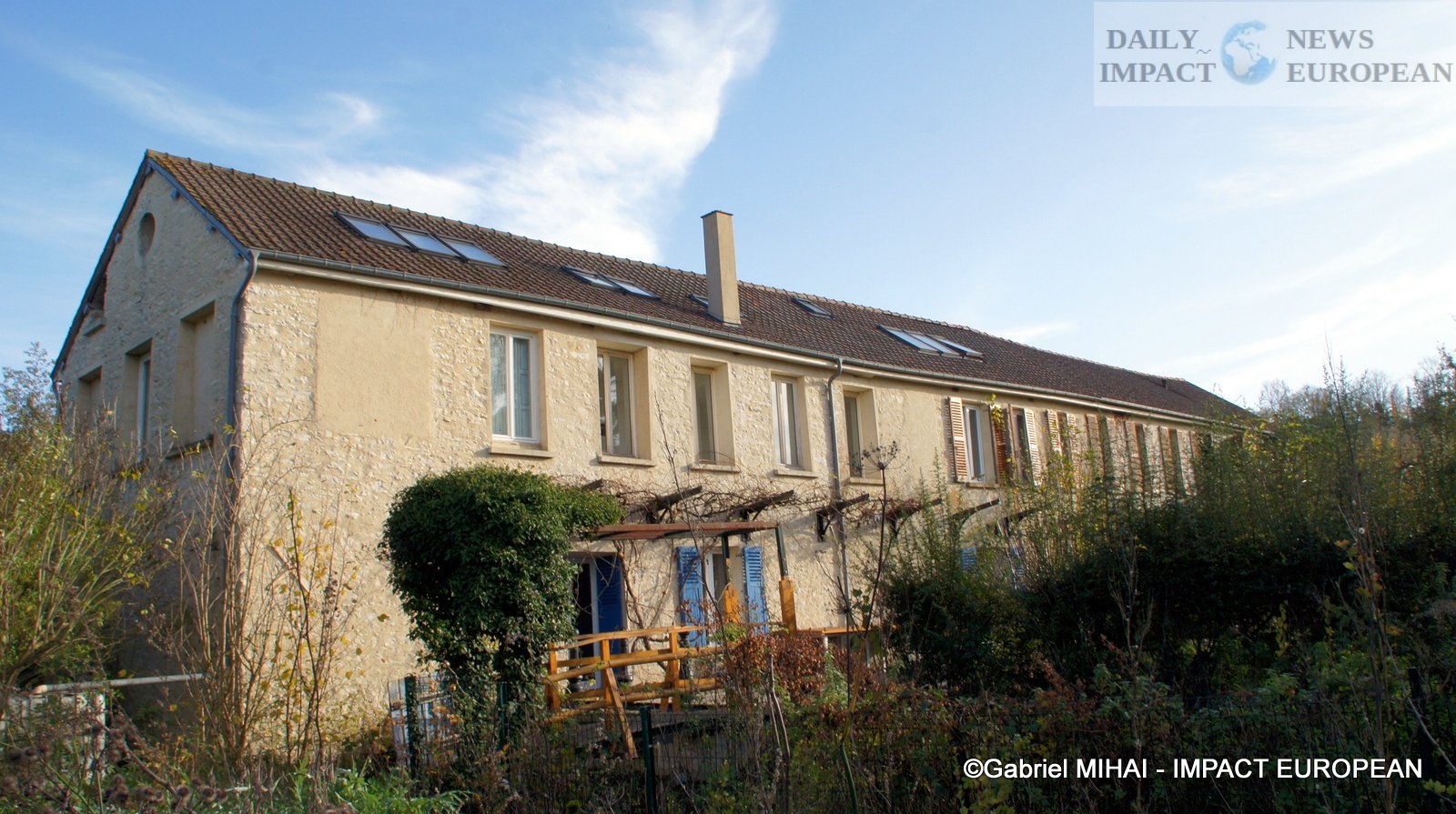
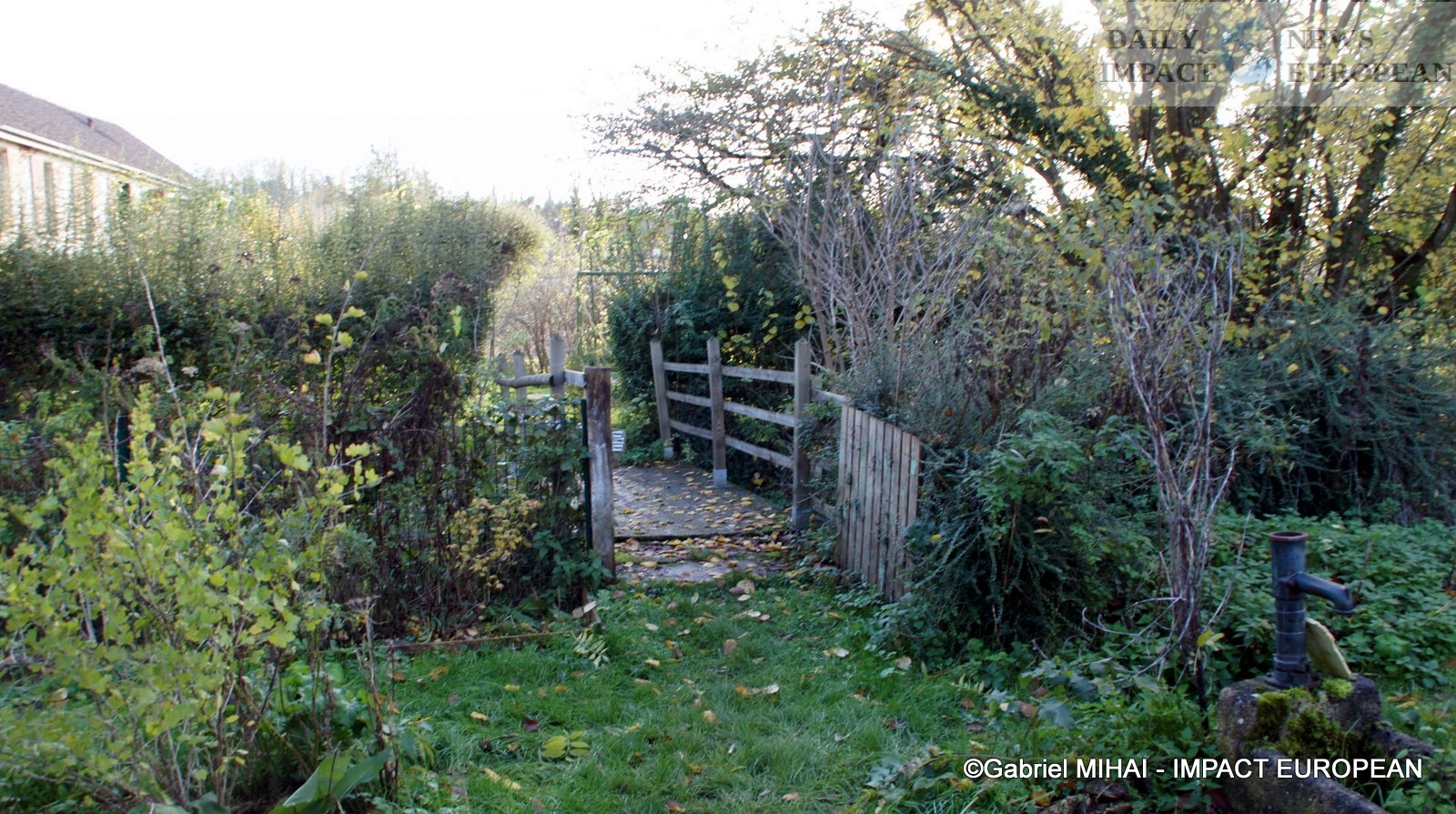
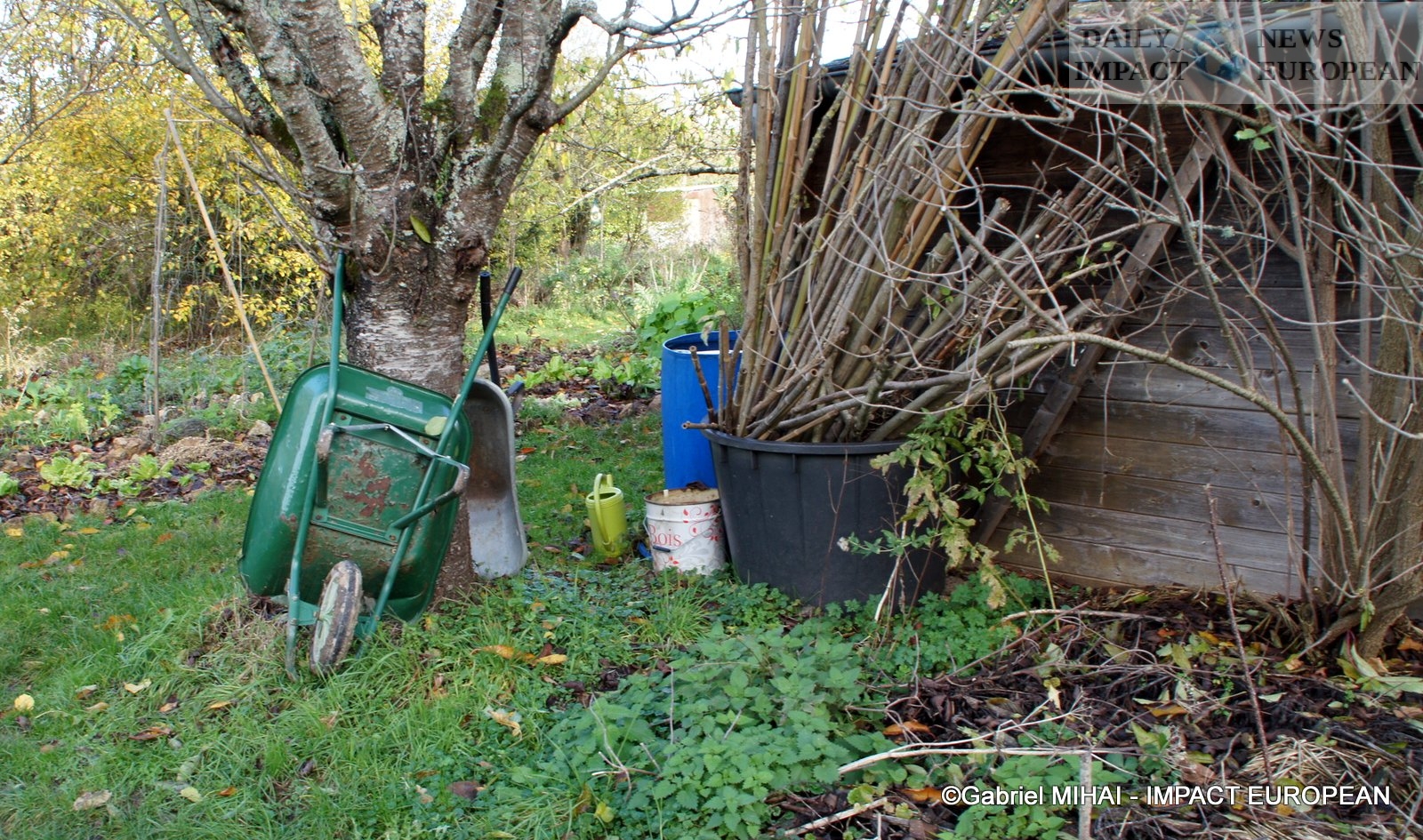
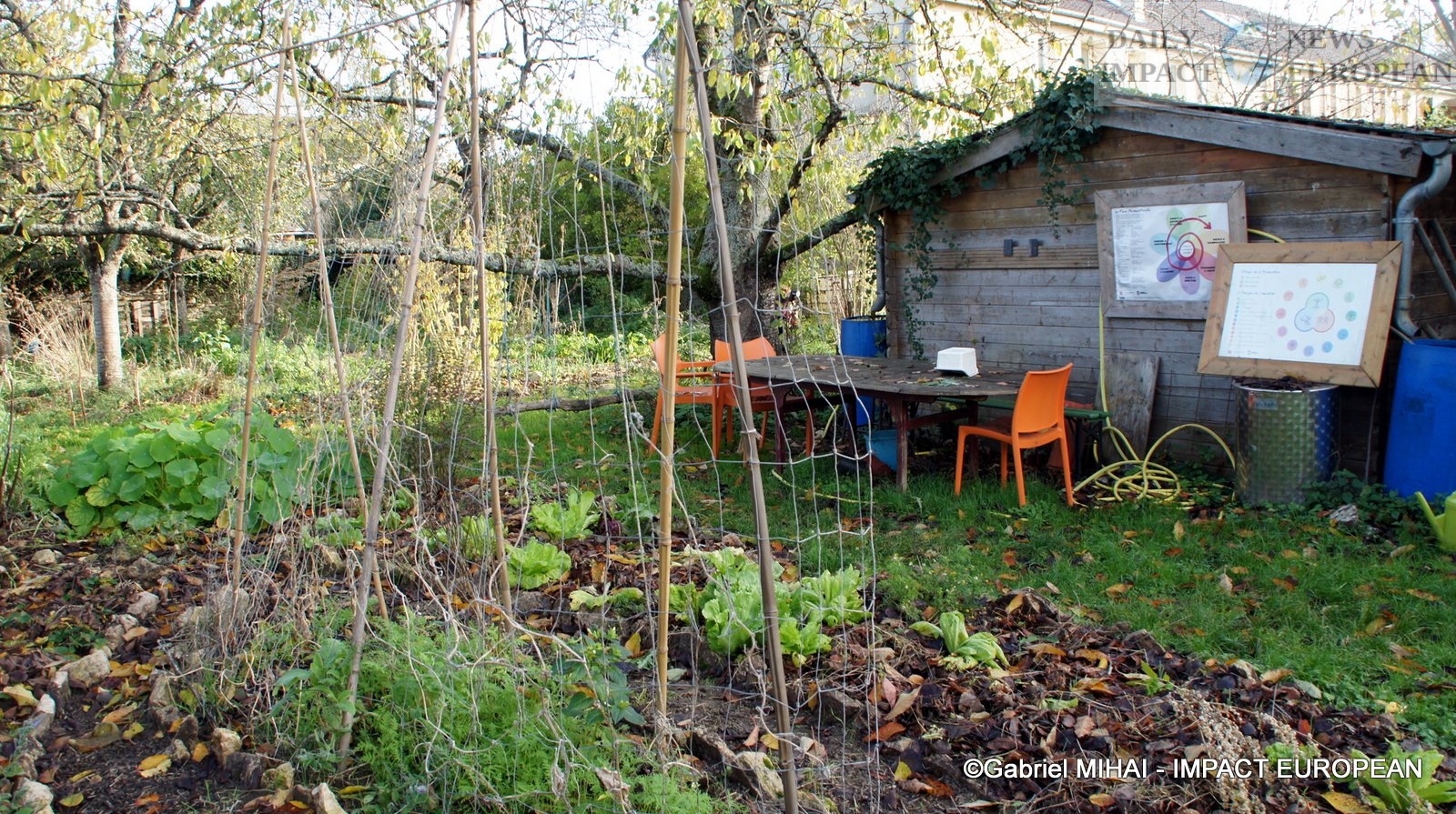
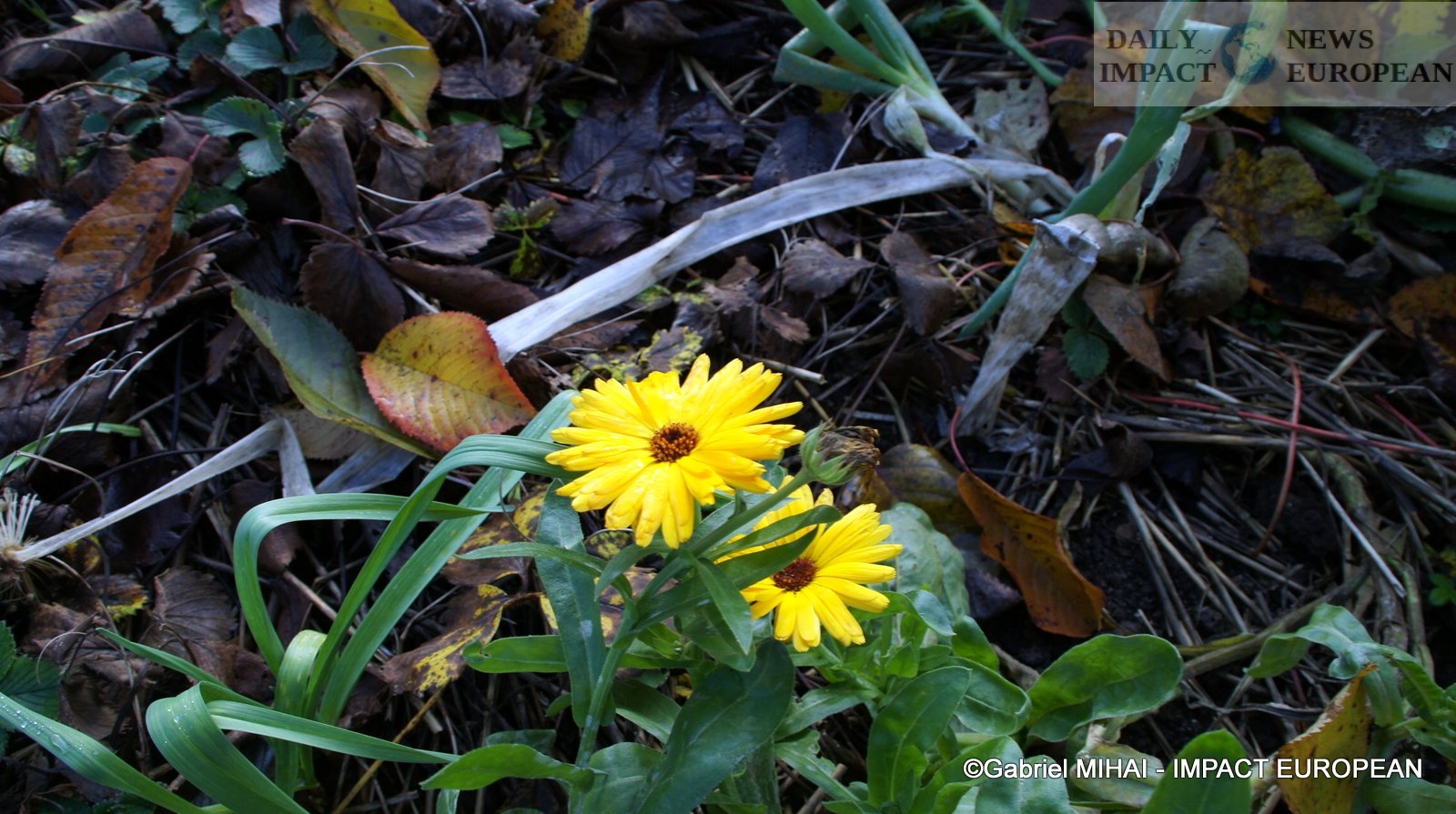
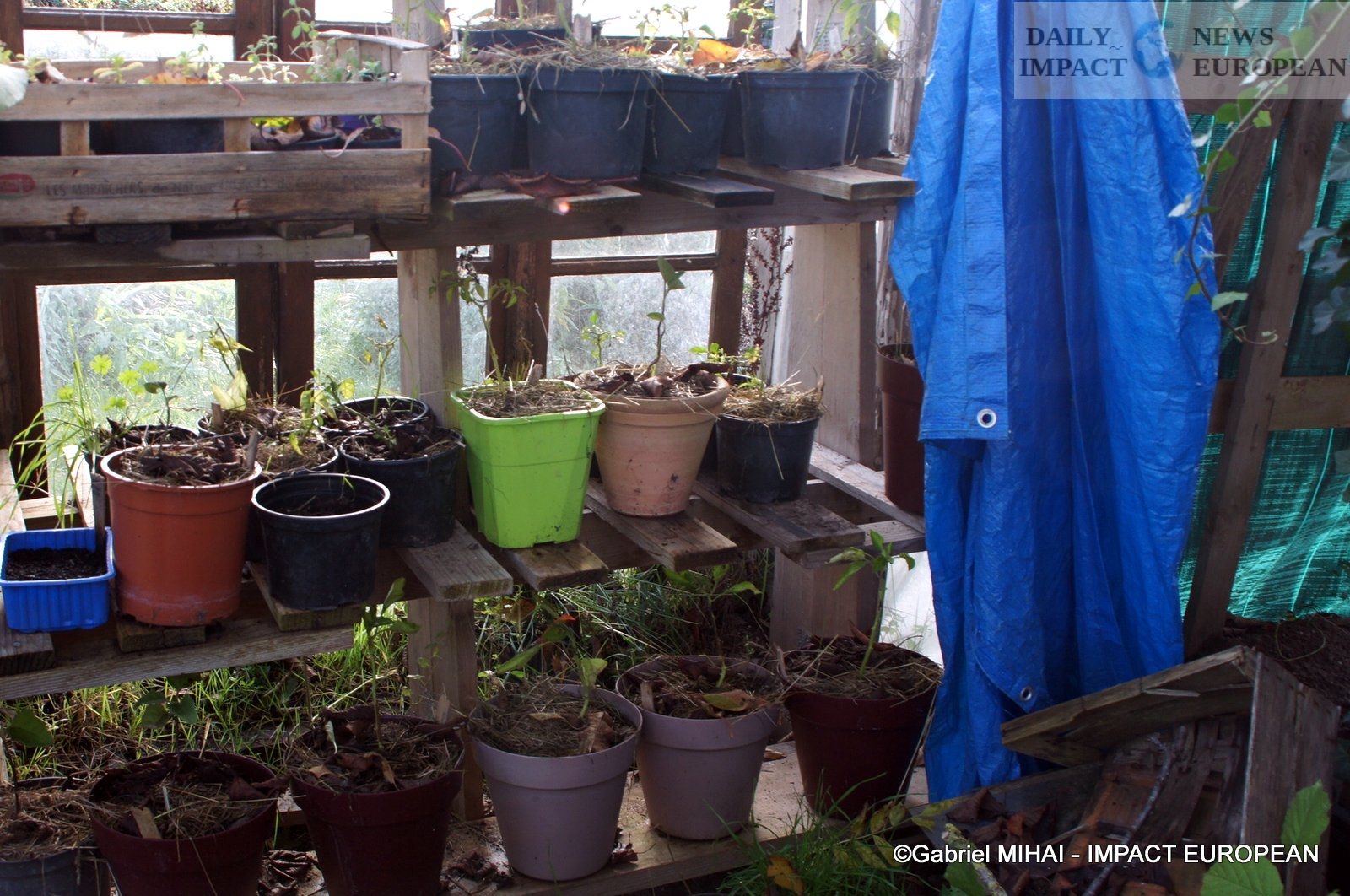
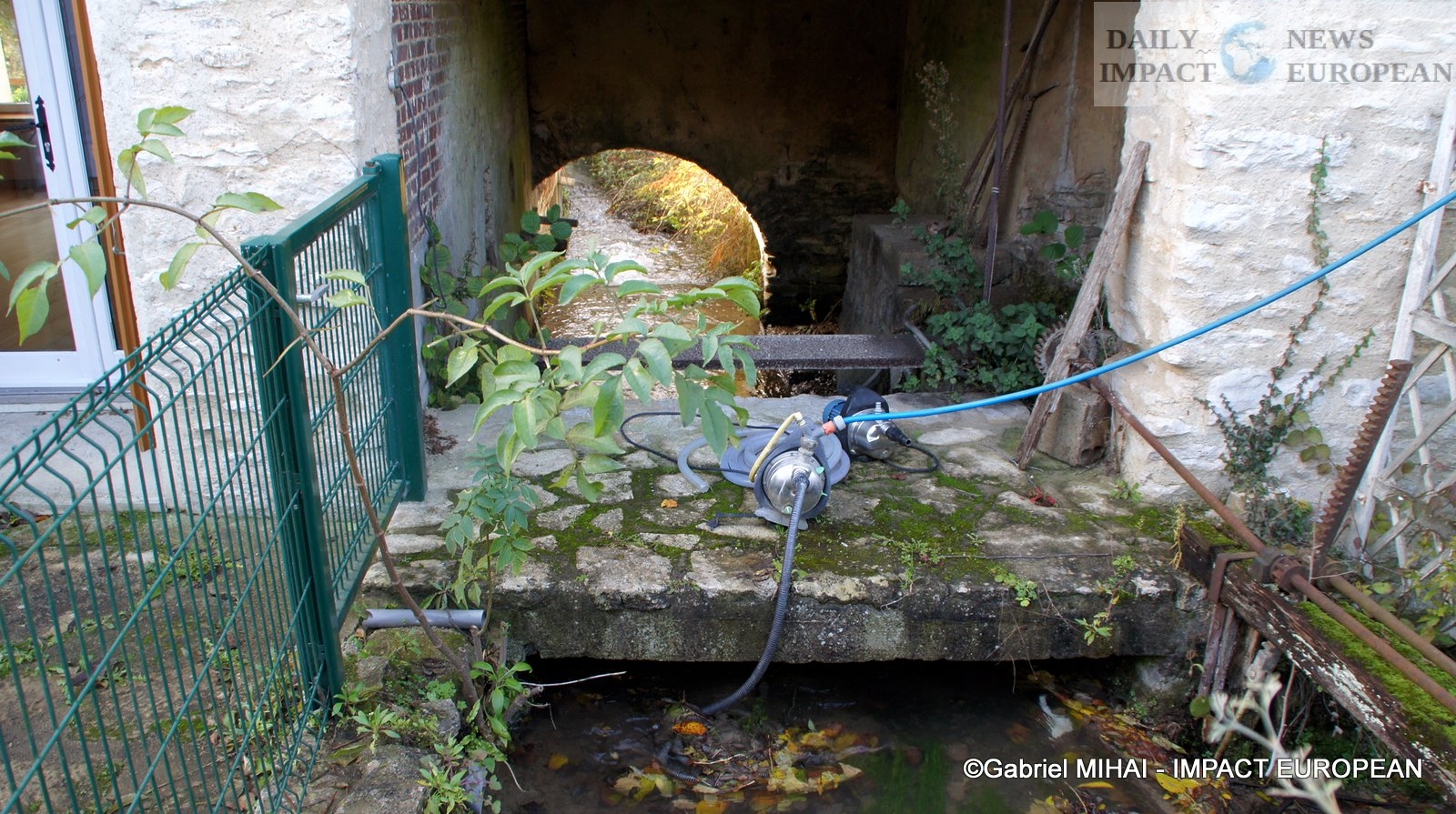
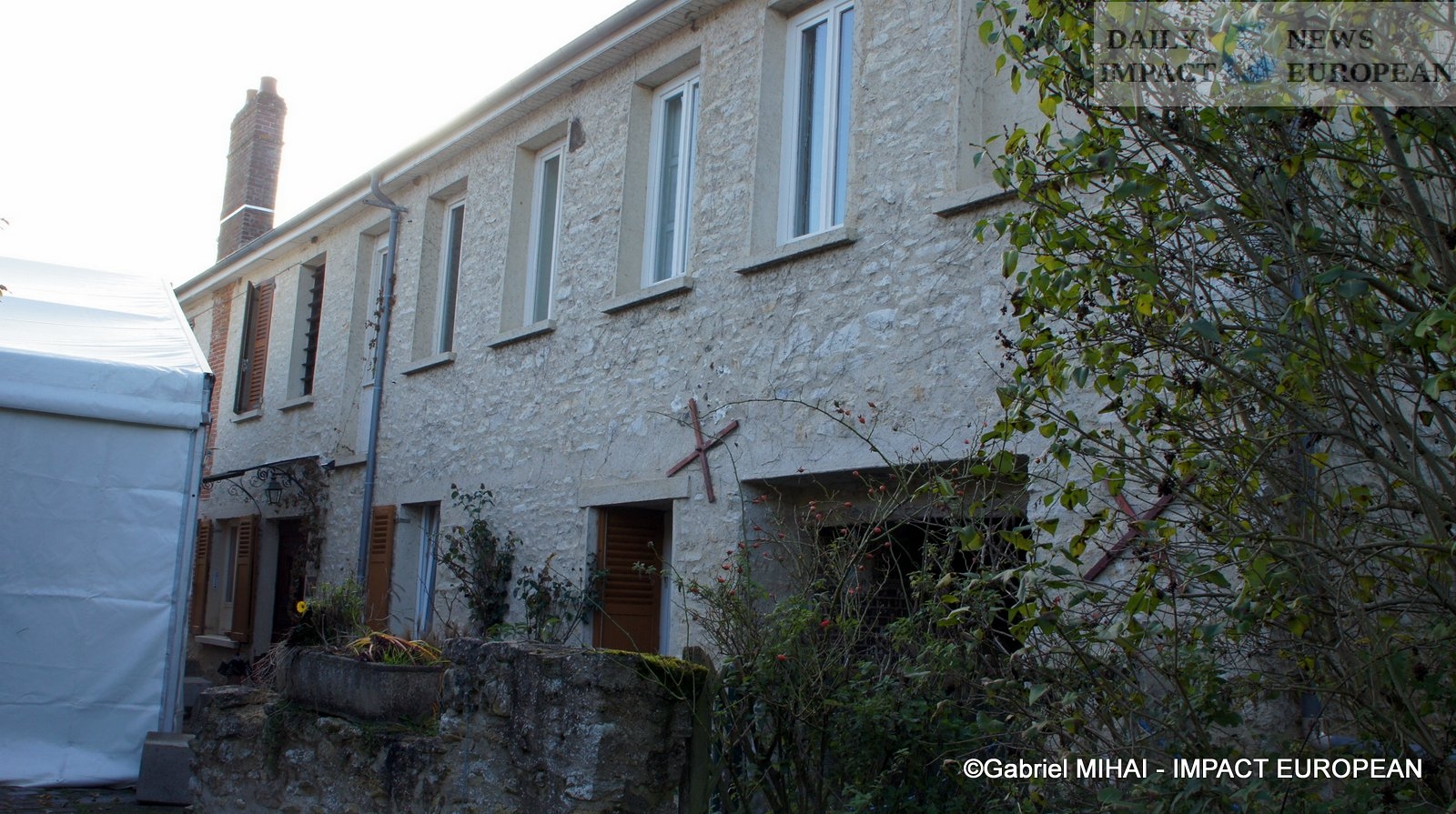
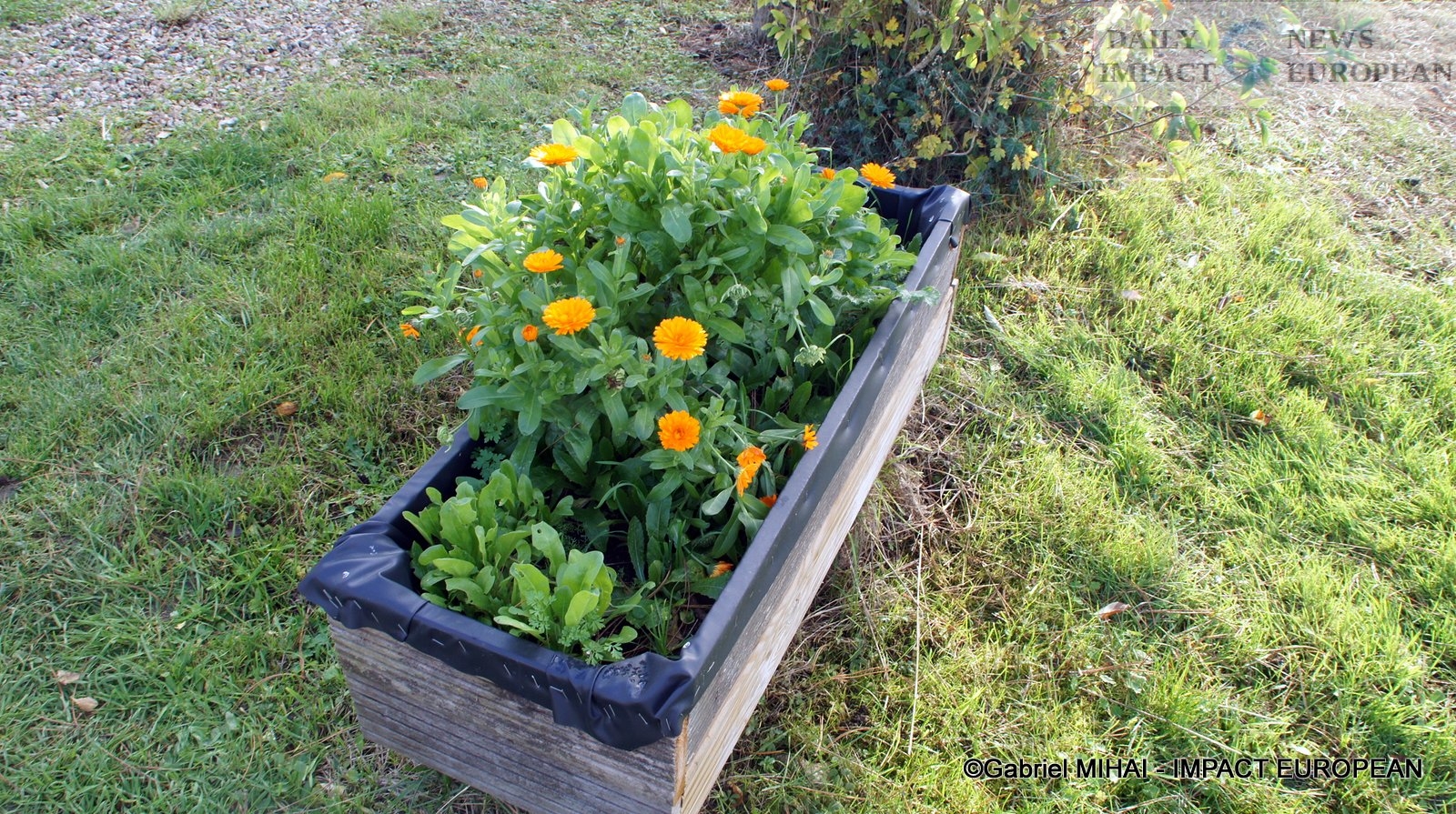
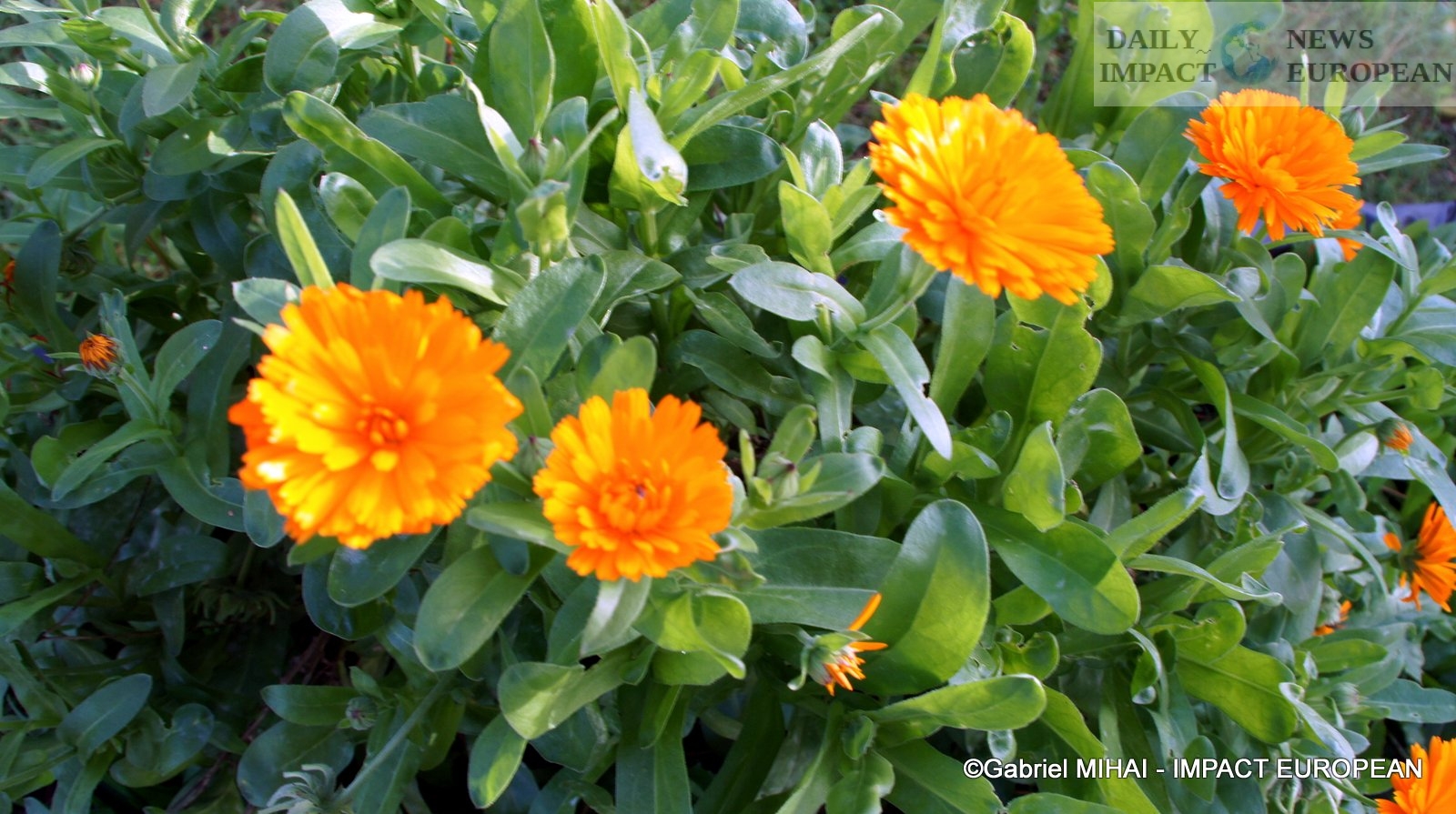

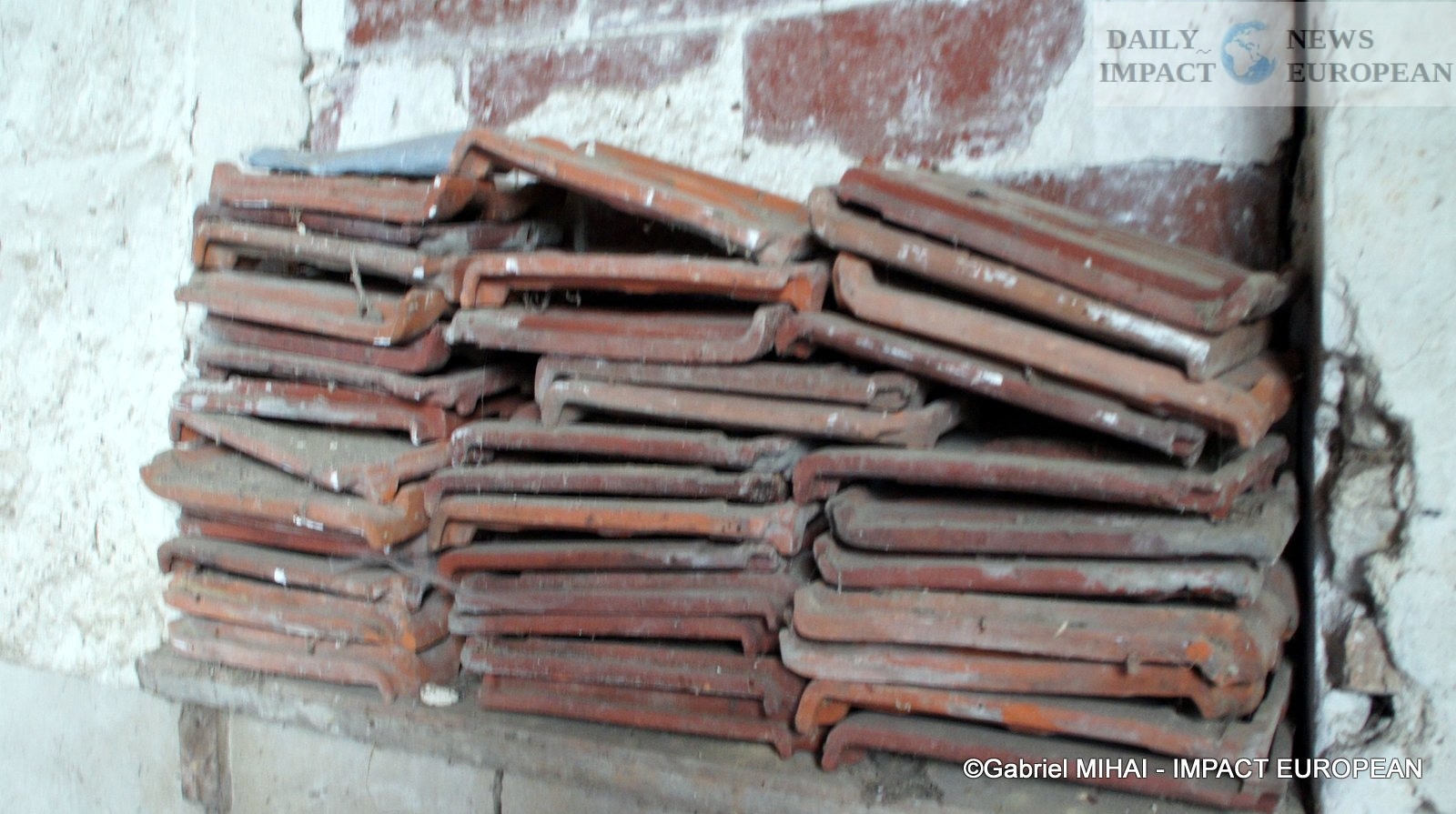
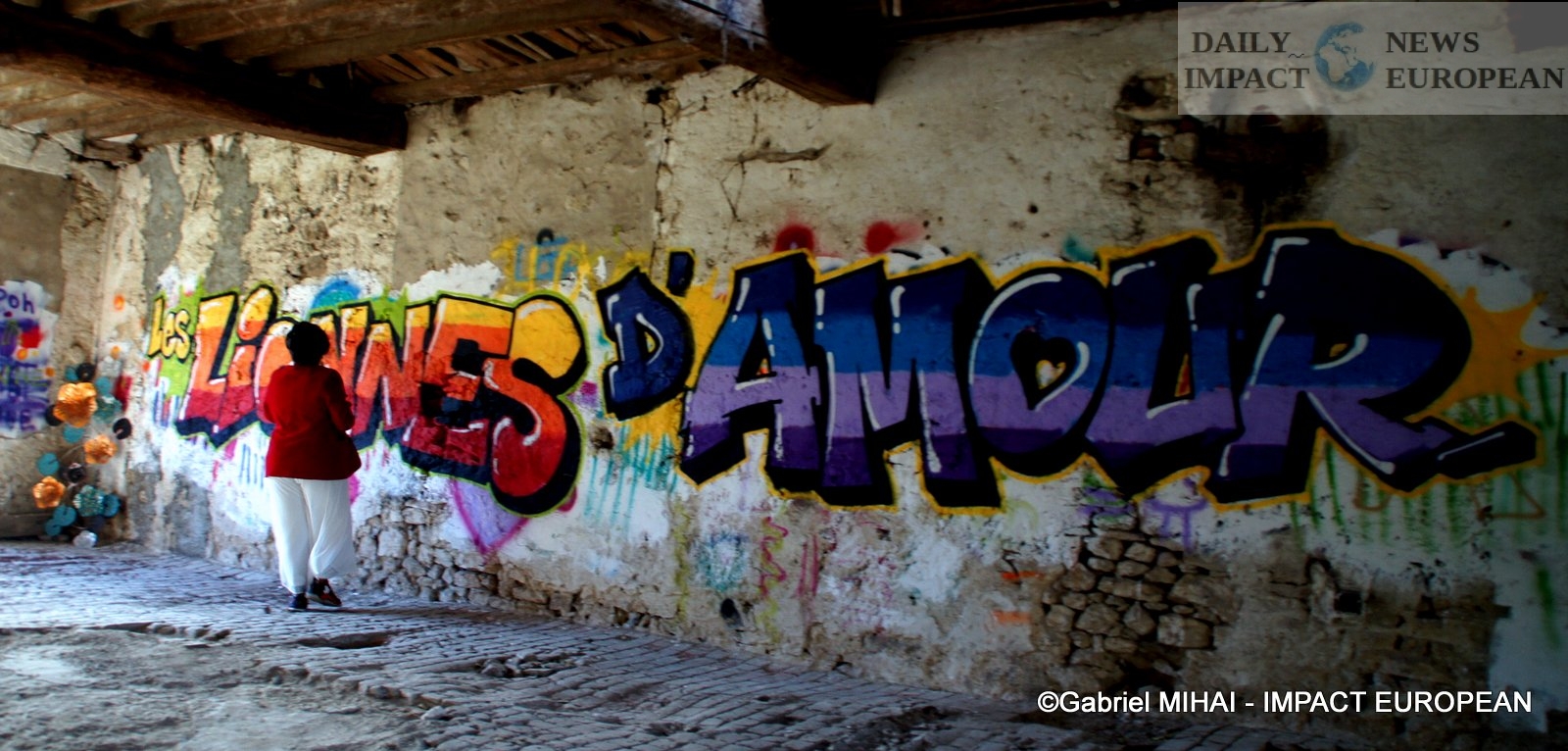
More Stories
Meeting between French and Israeli counterparts Emmanuel Macron and Isaac Herzog at the Élysée
“Dansong” at the Avignon Off Festival 2024
Olympic Flame at the Jardin du Musée Mac Val